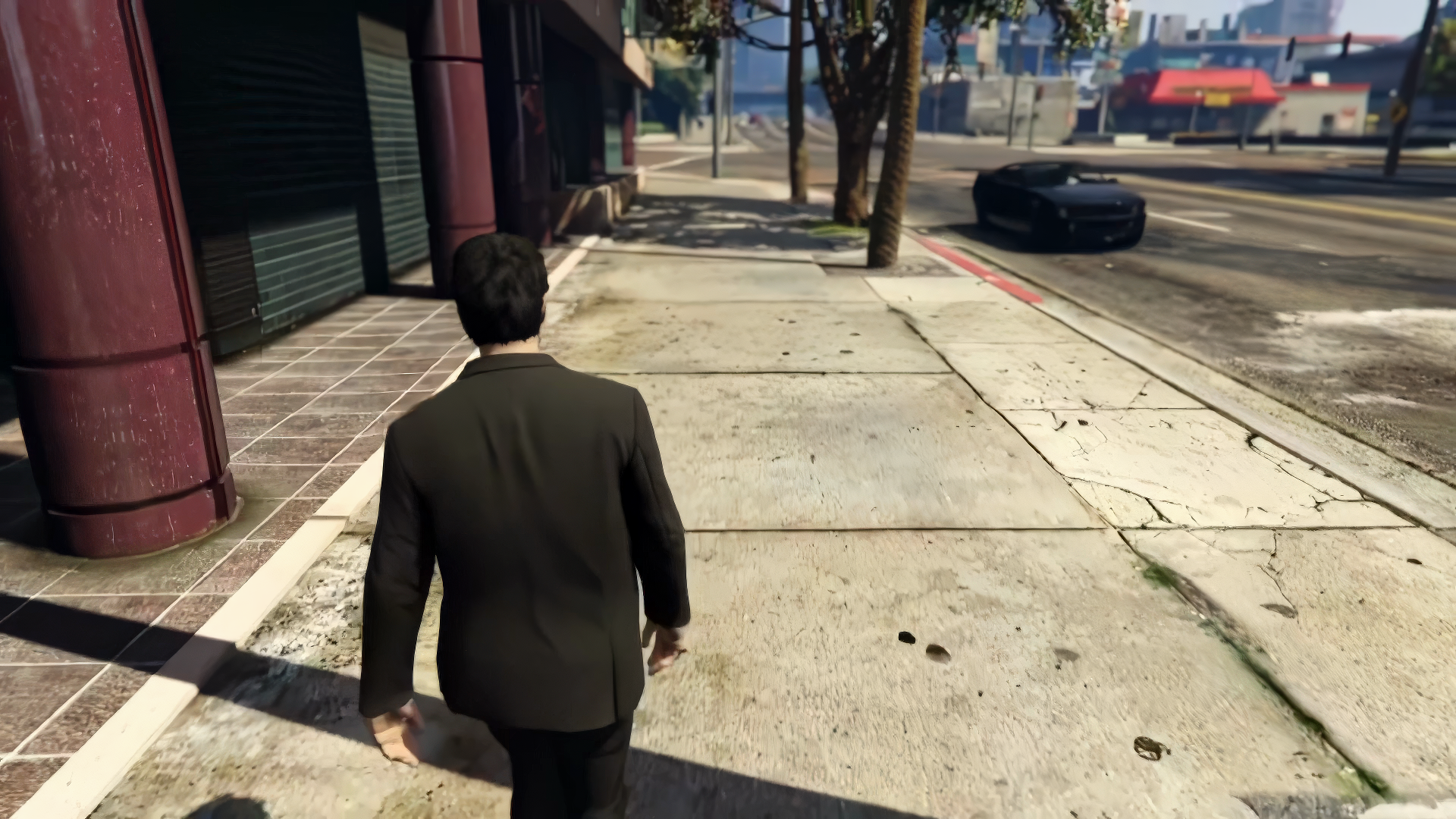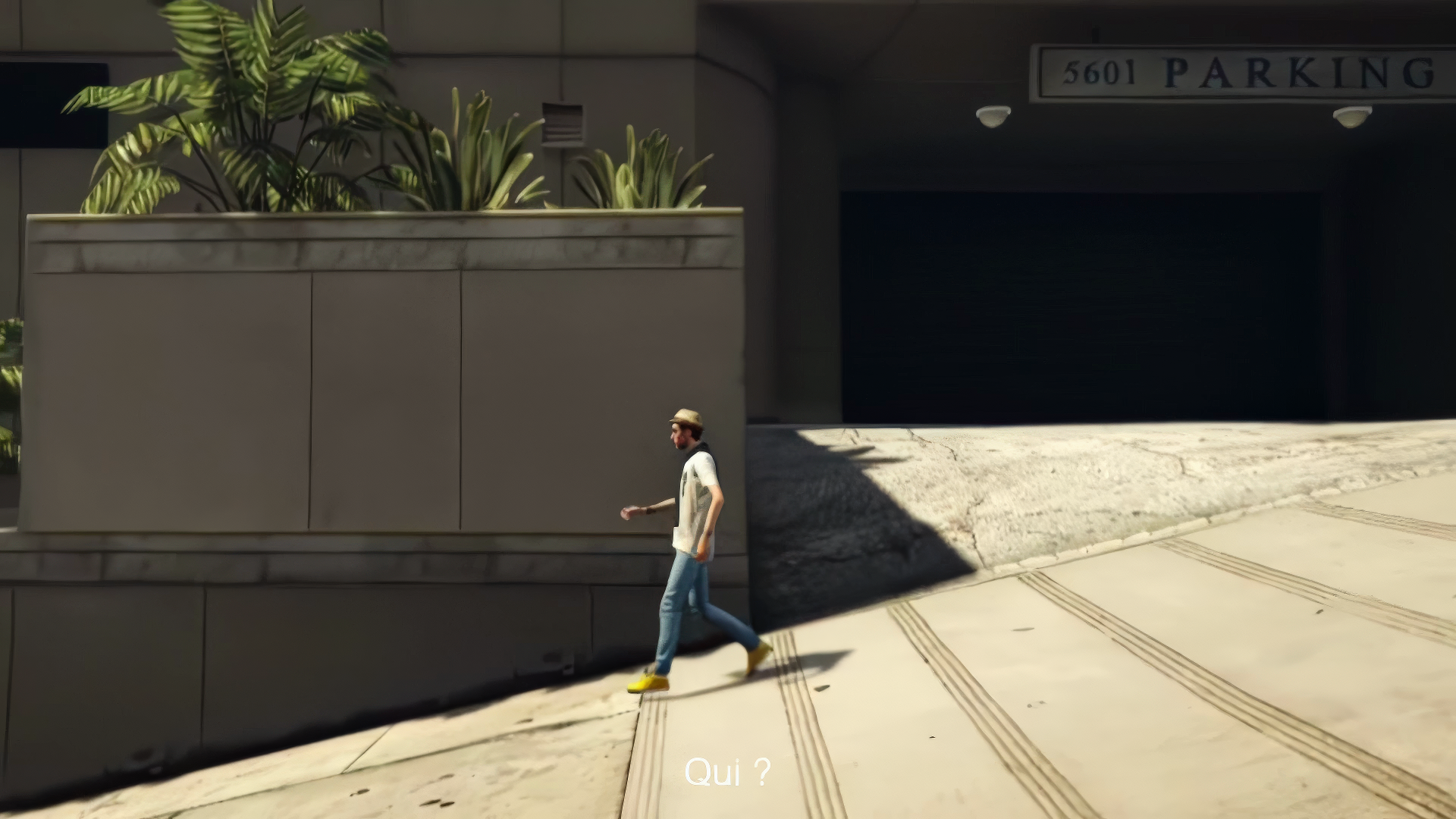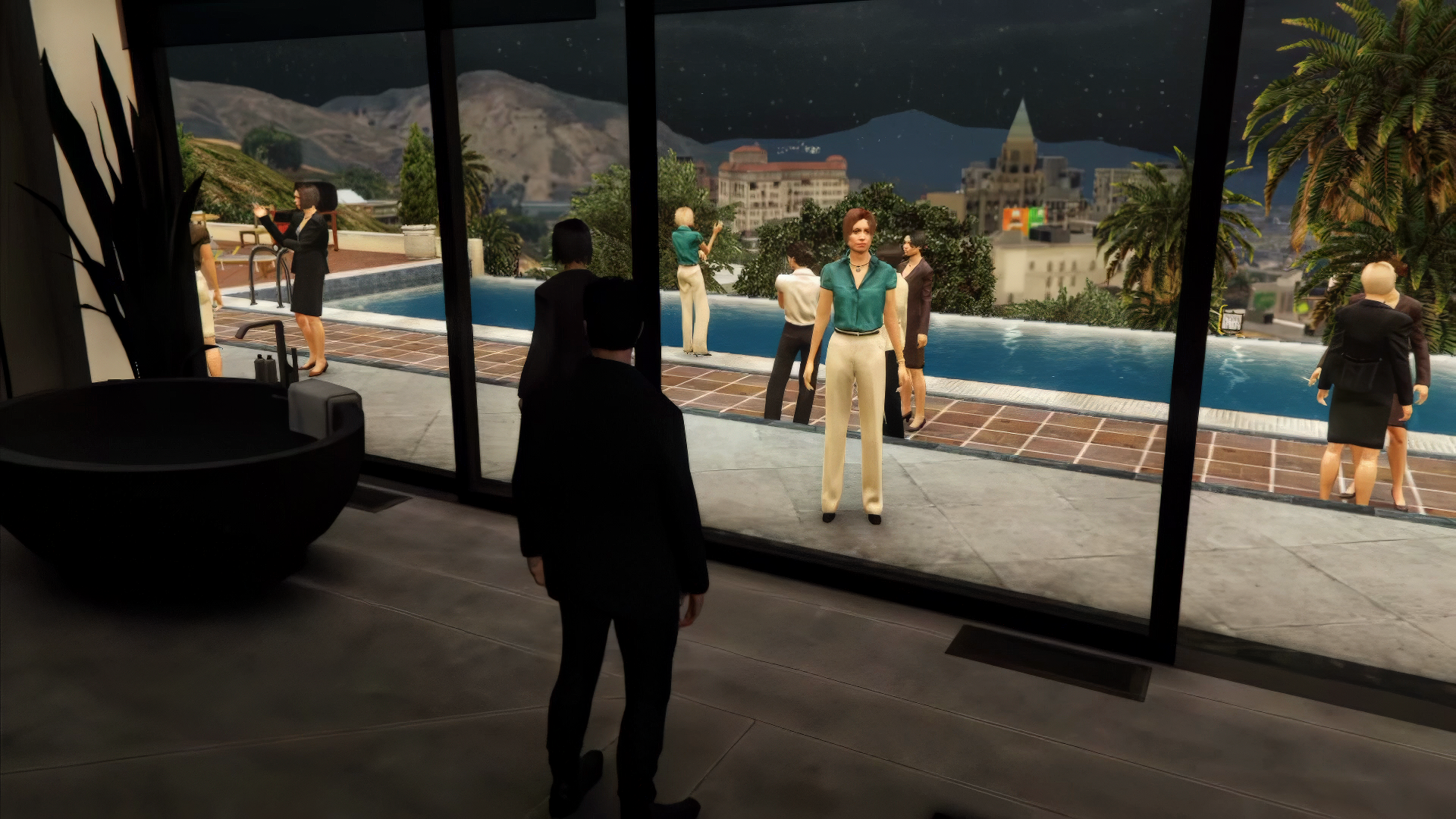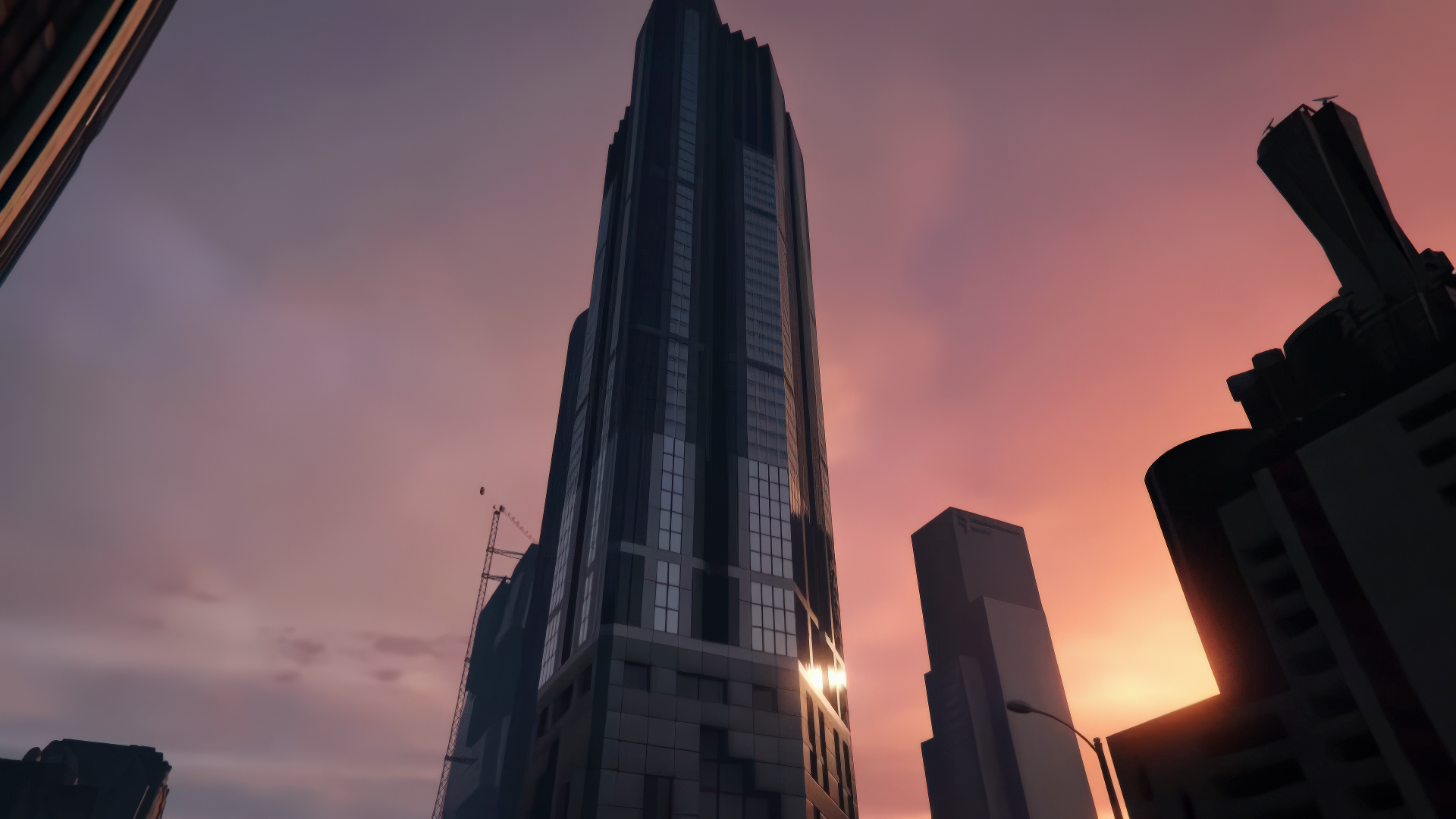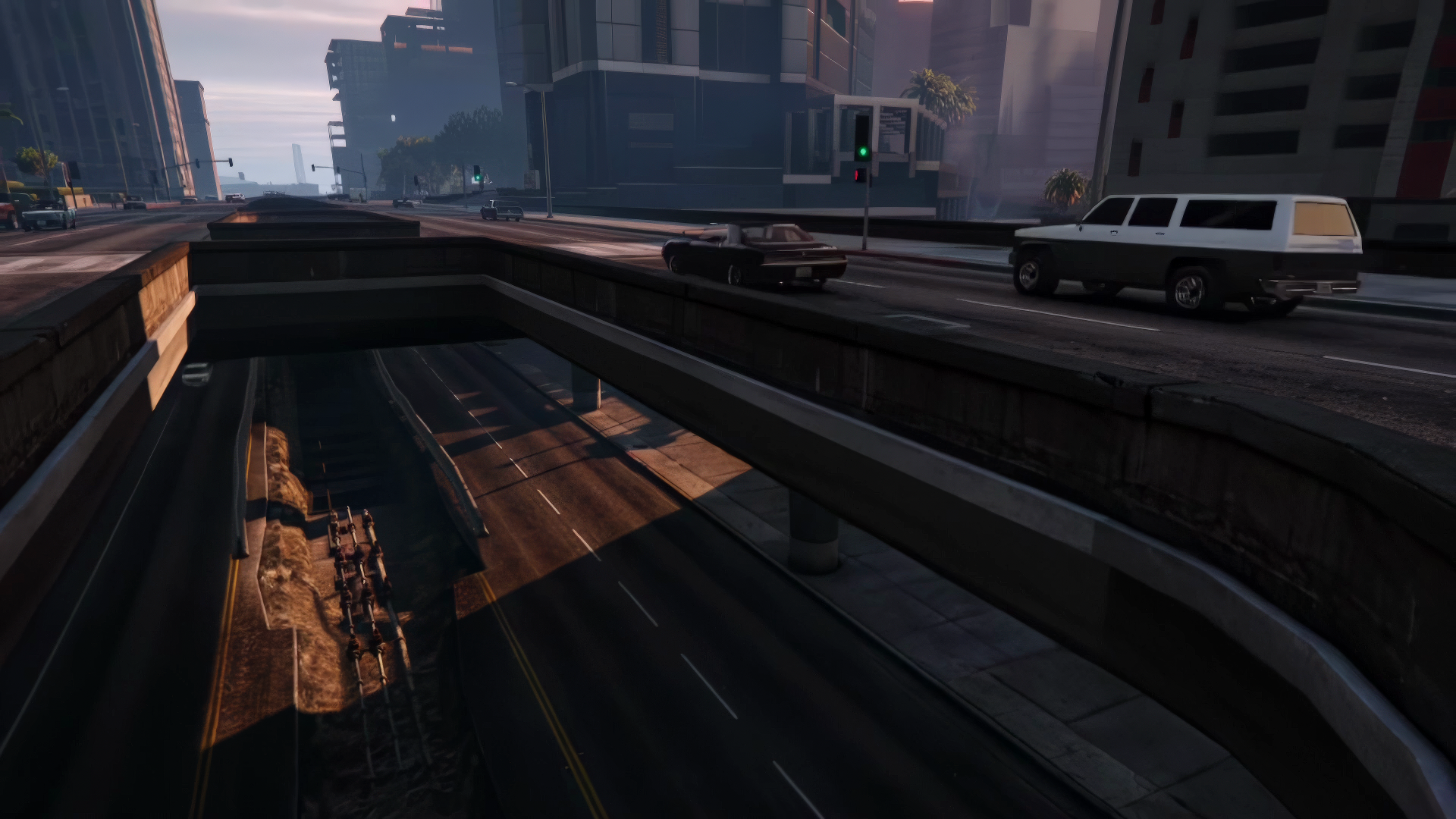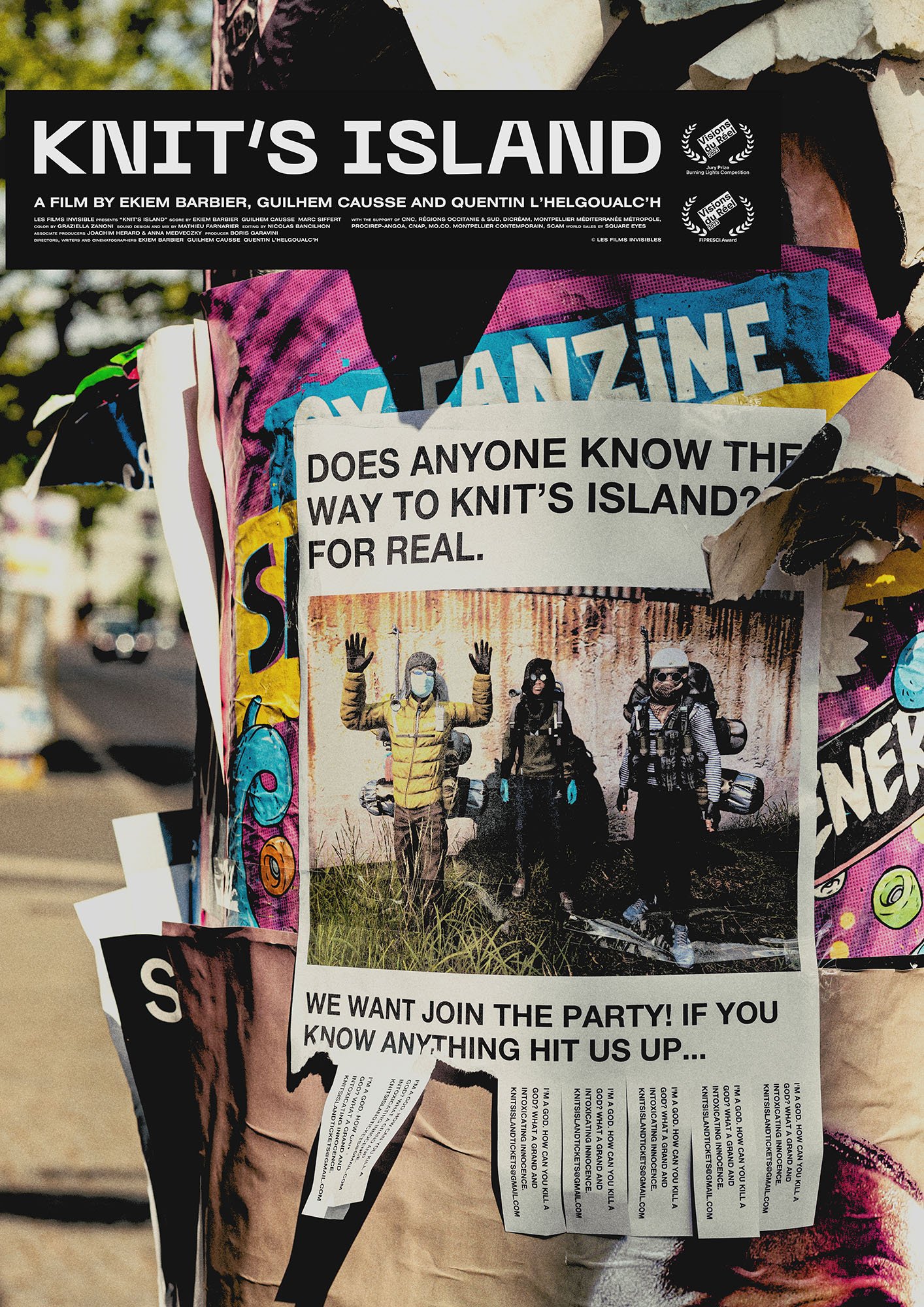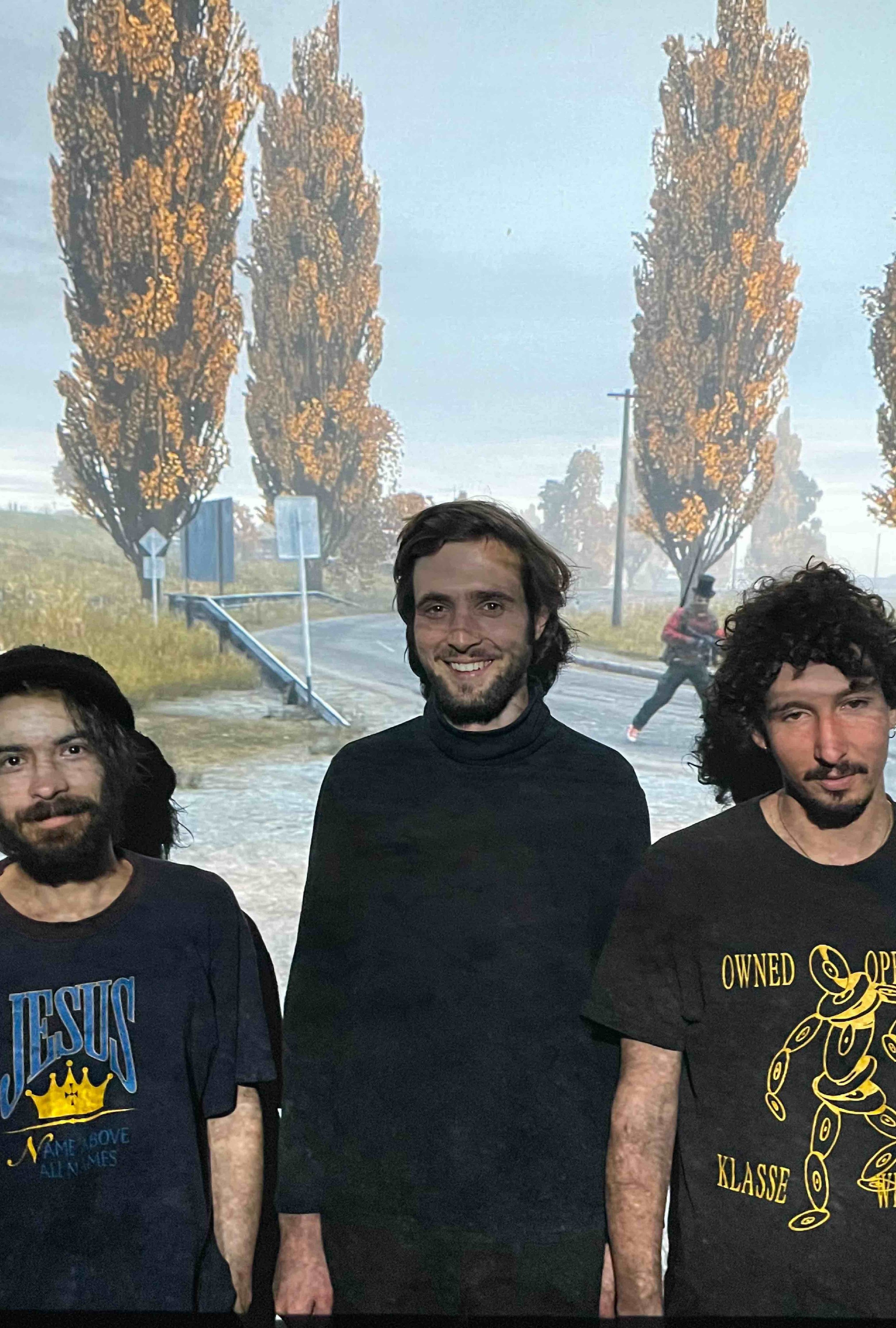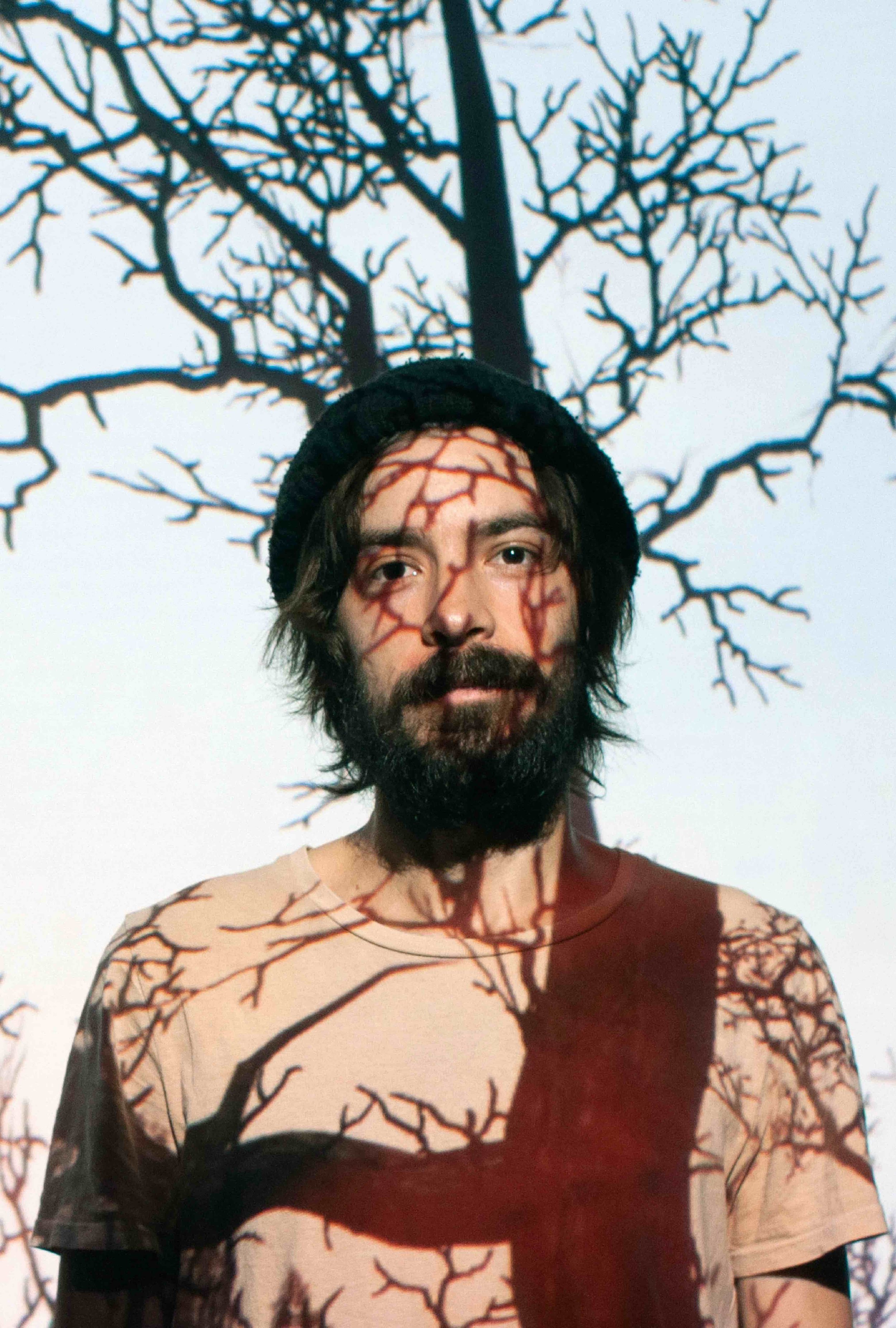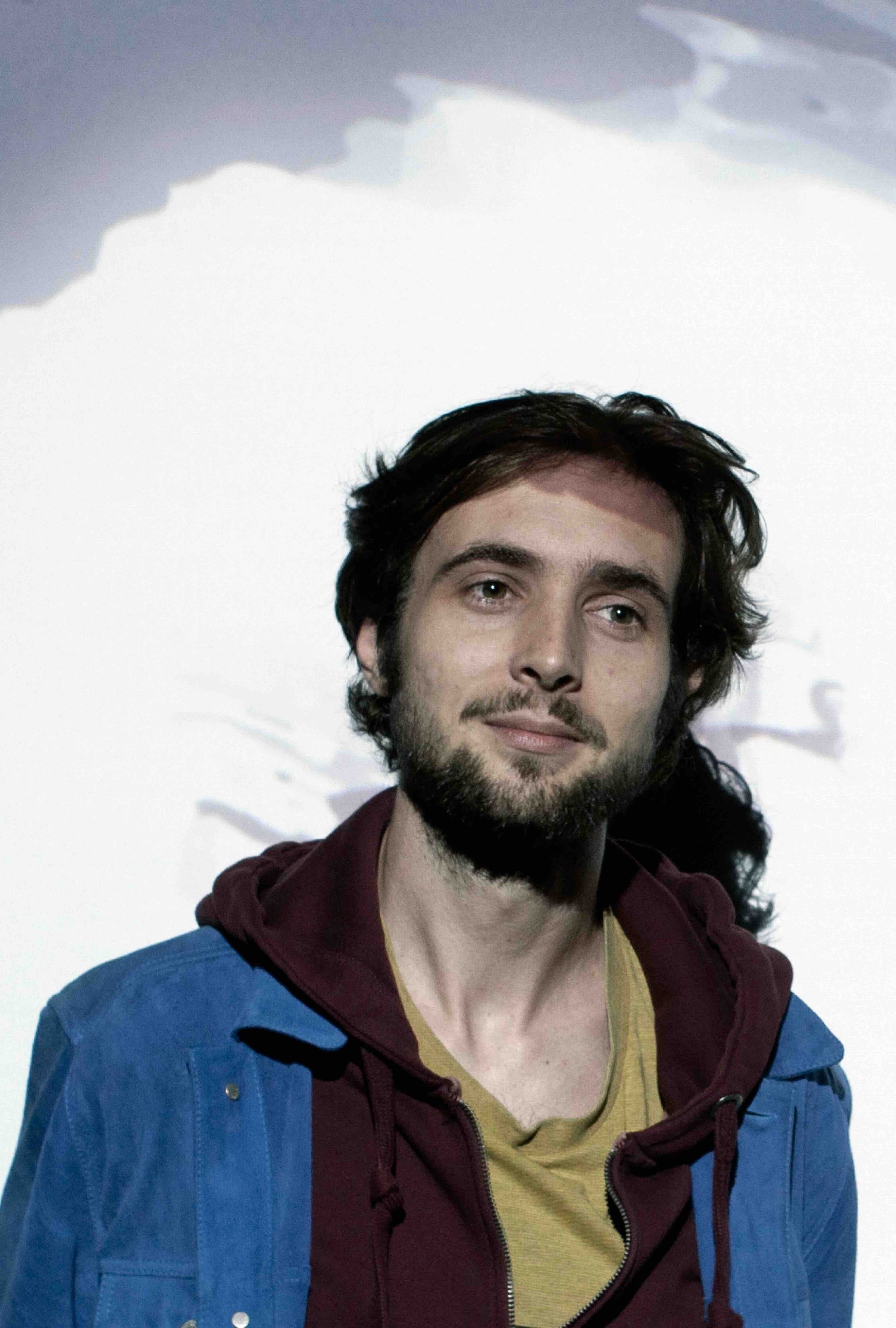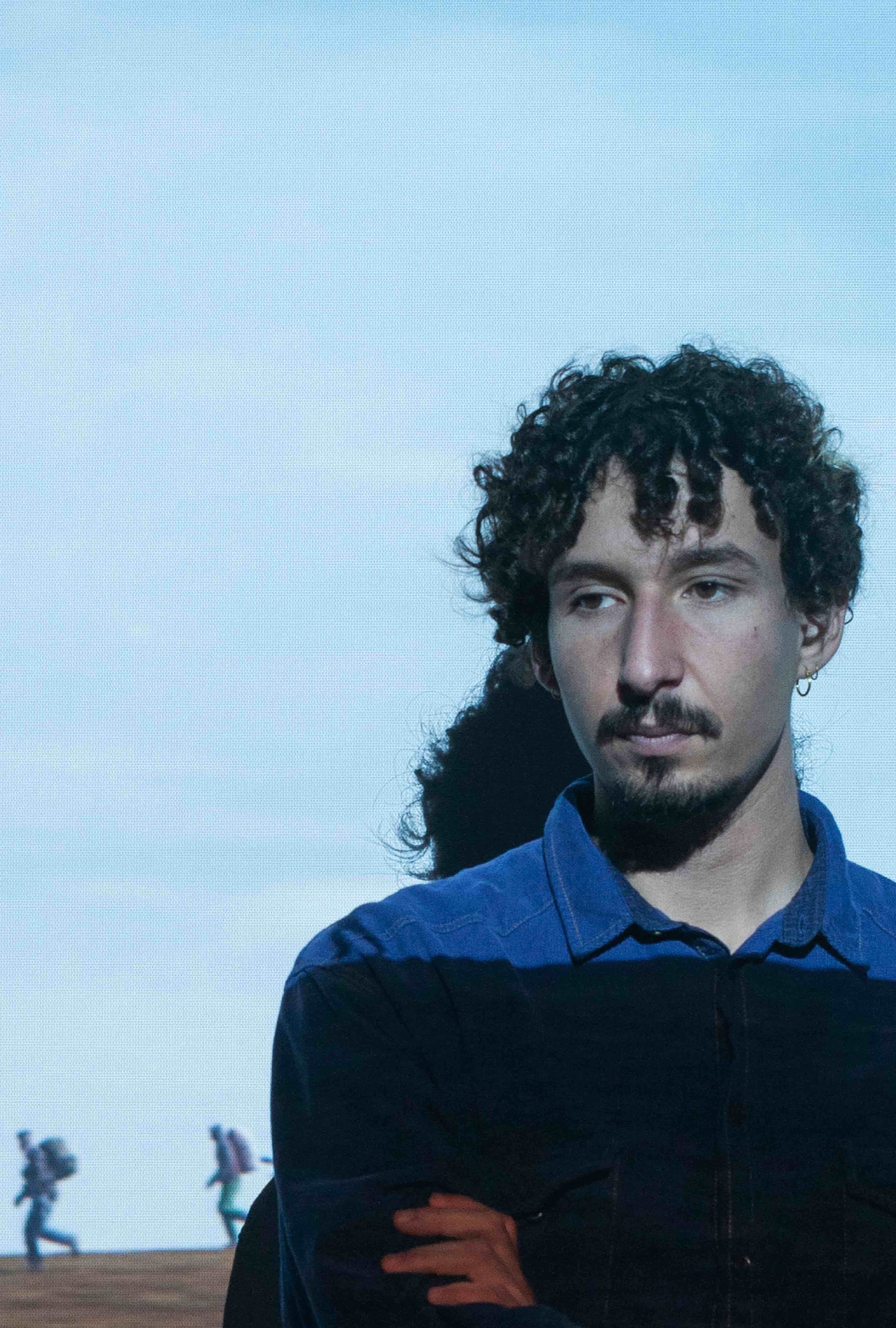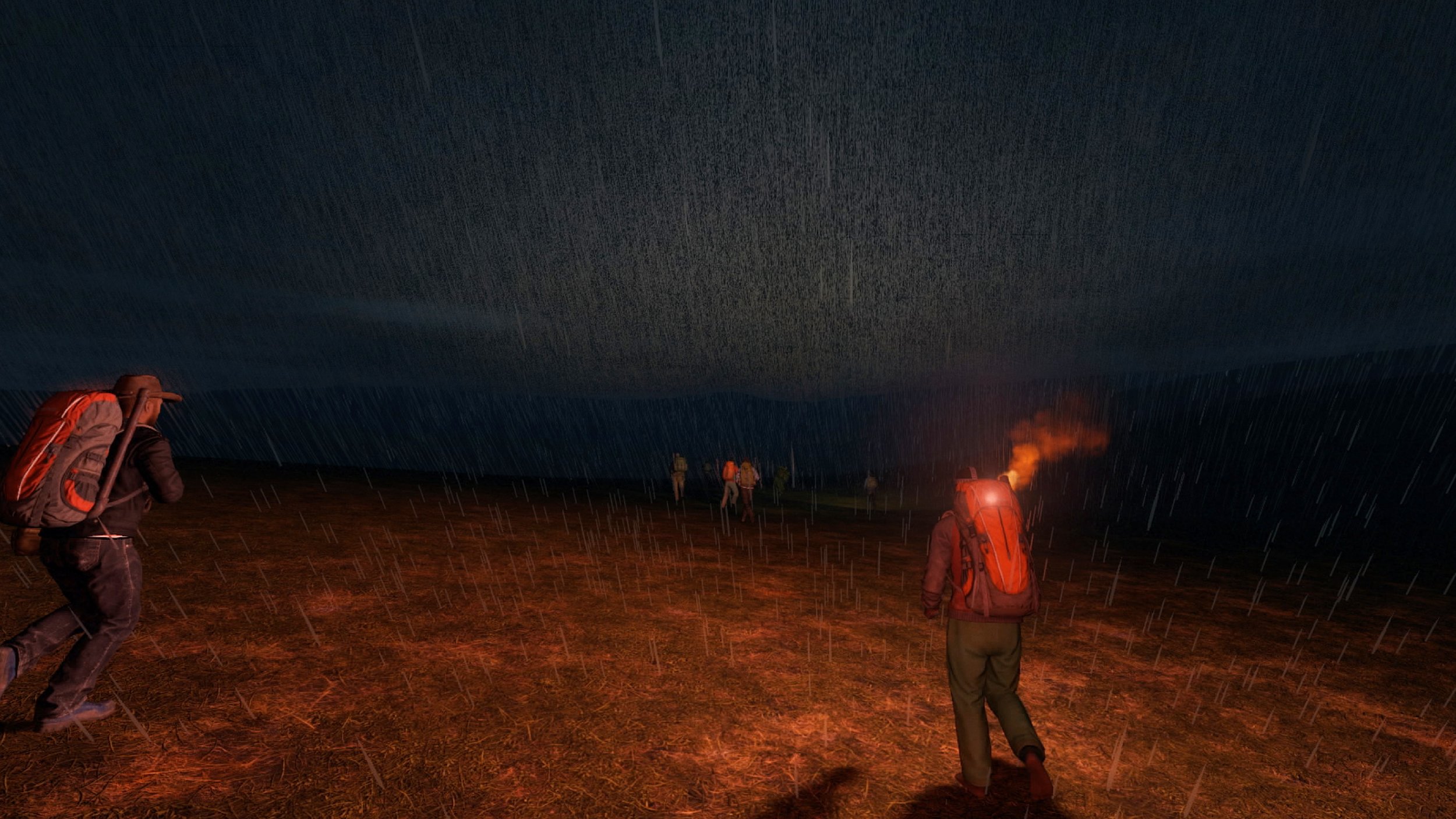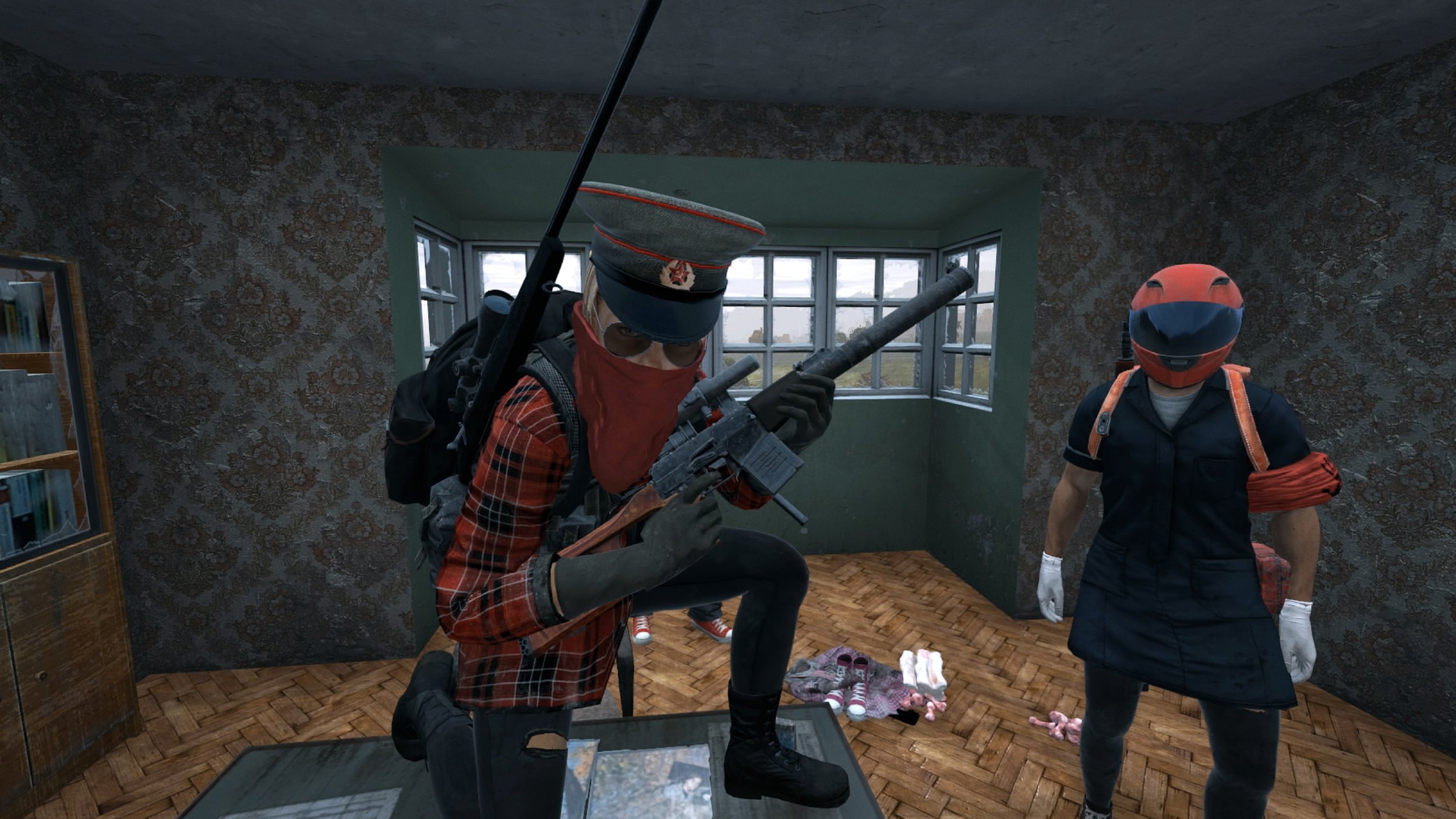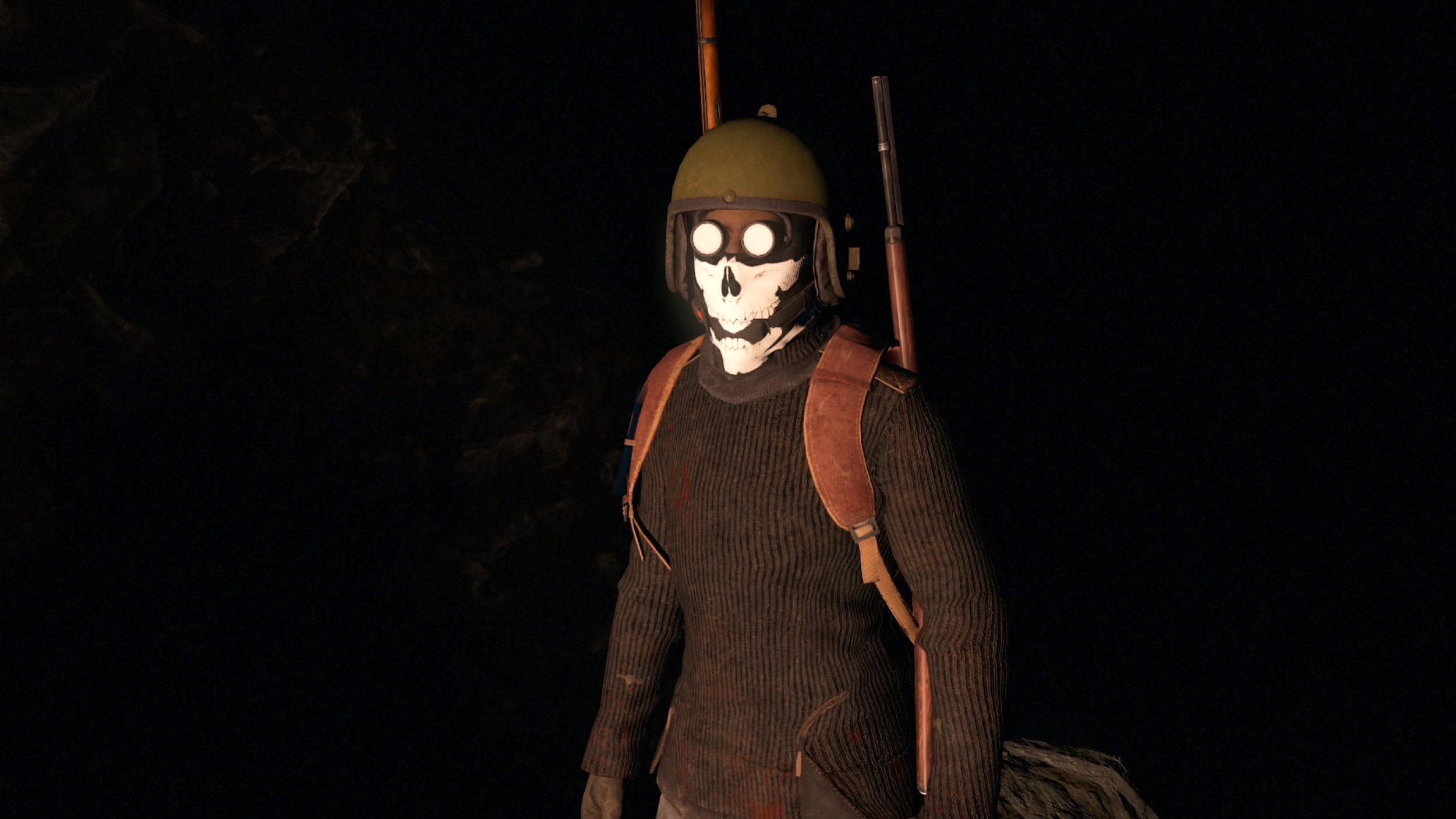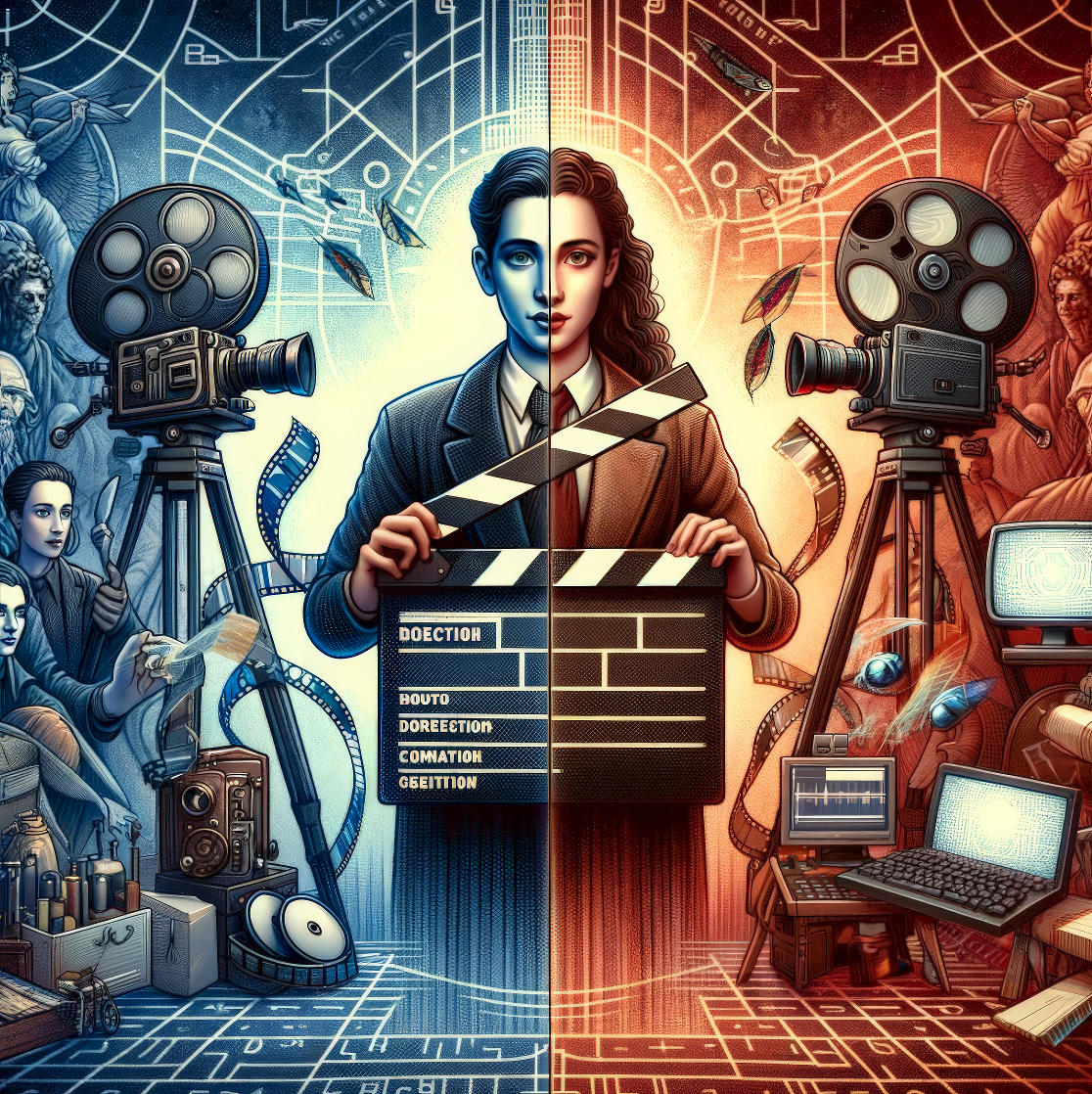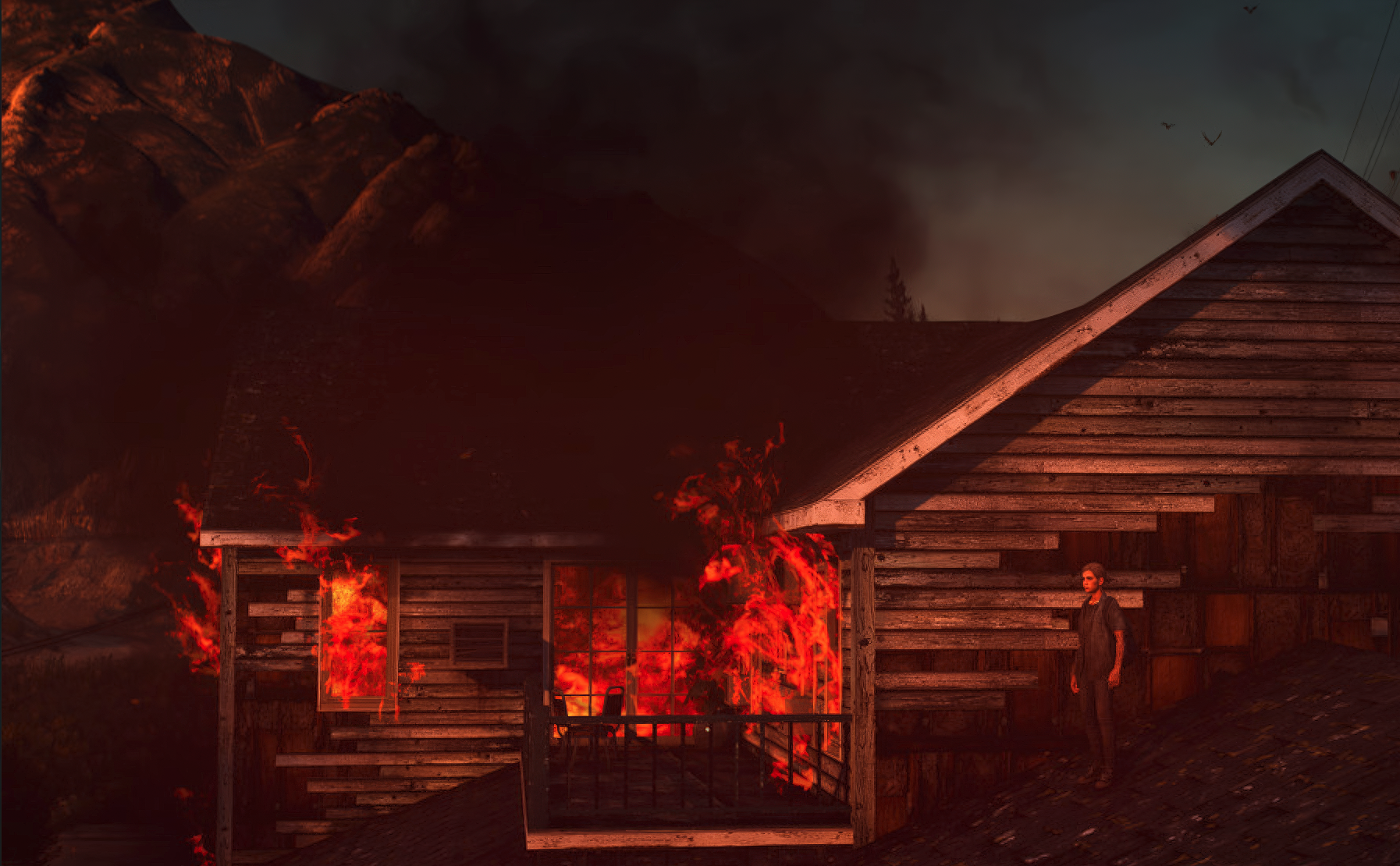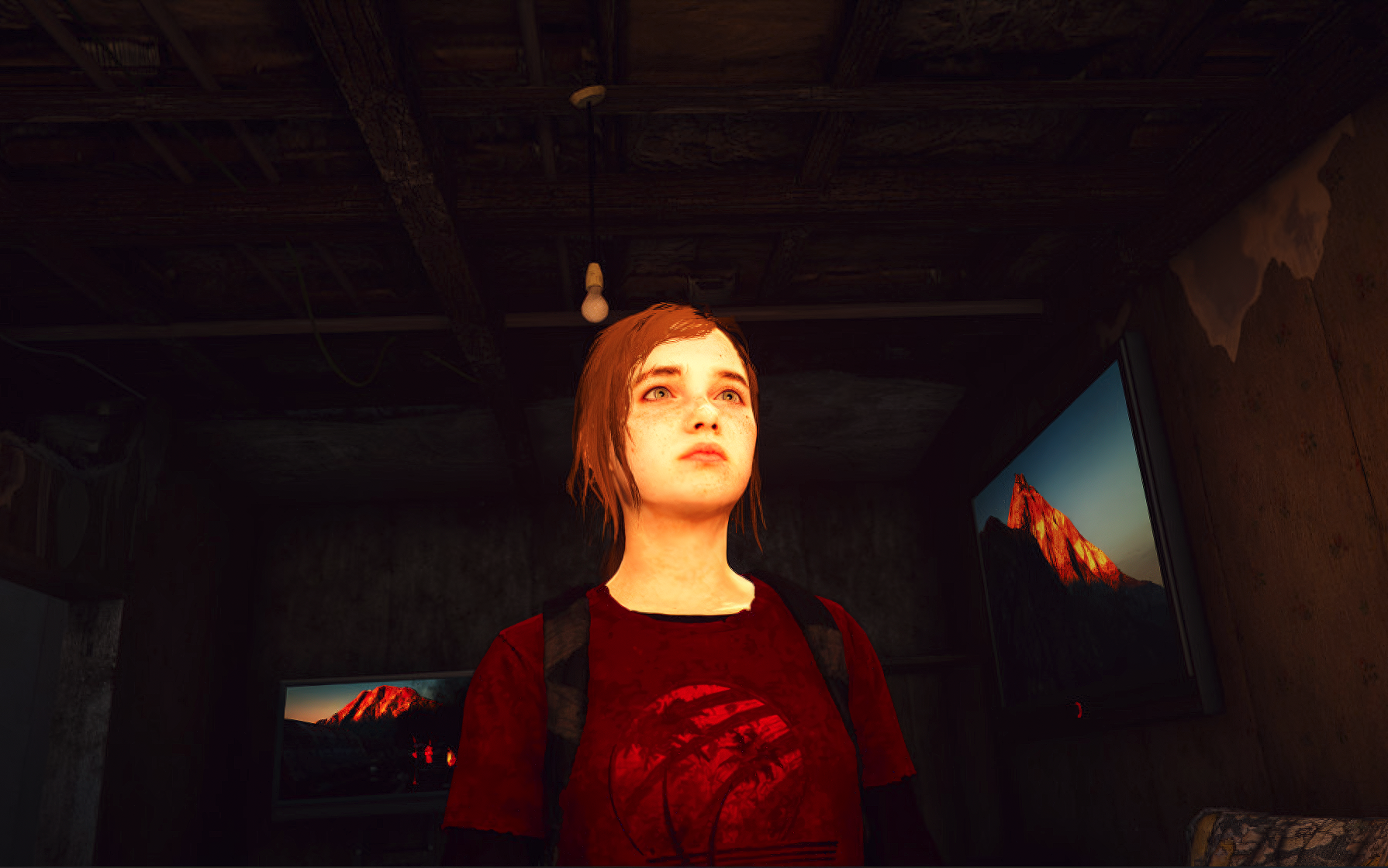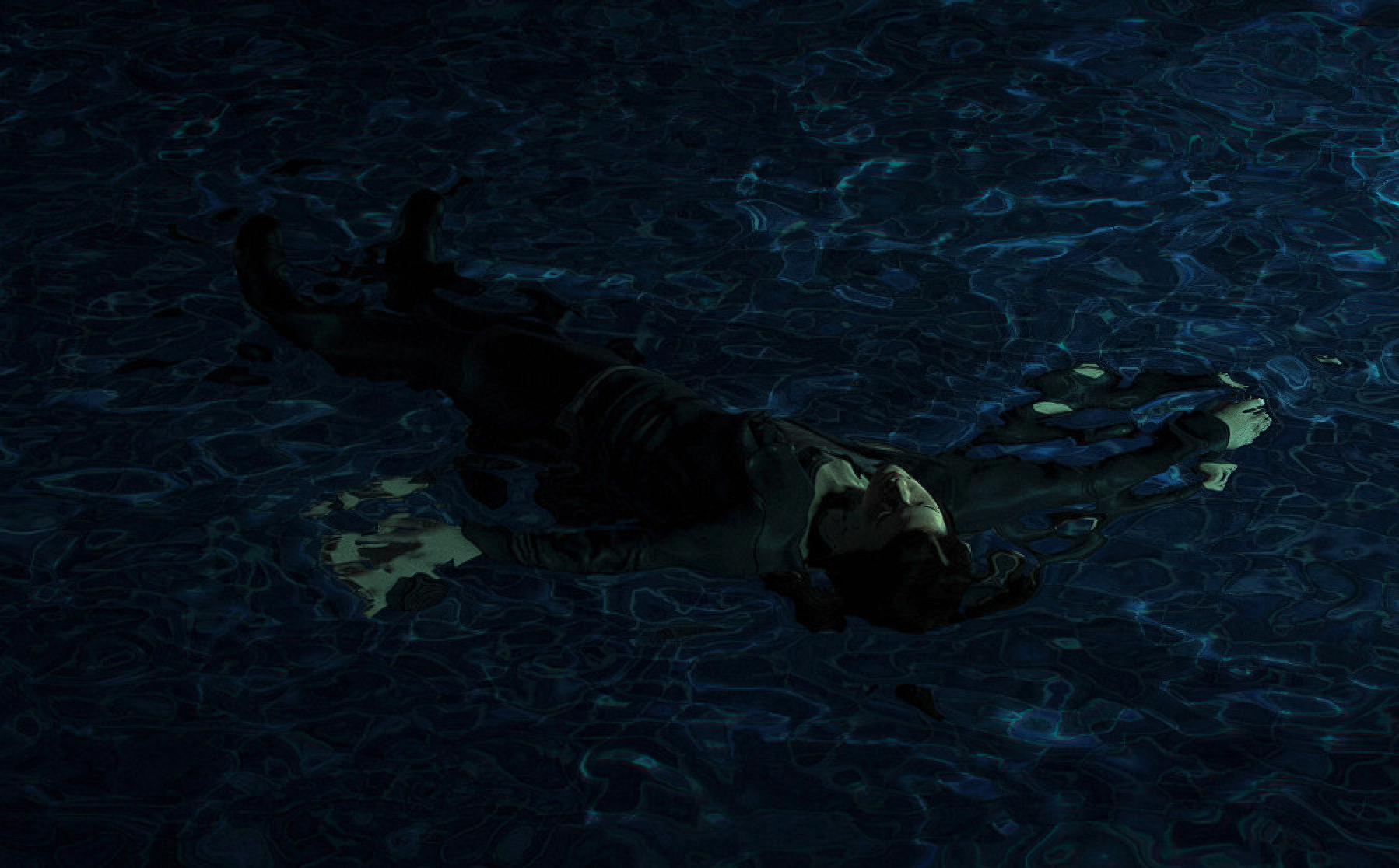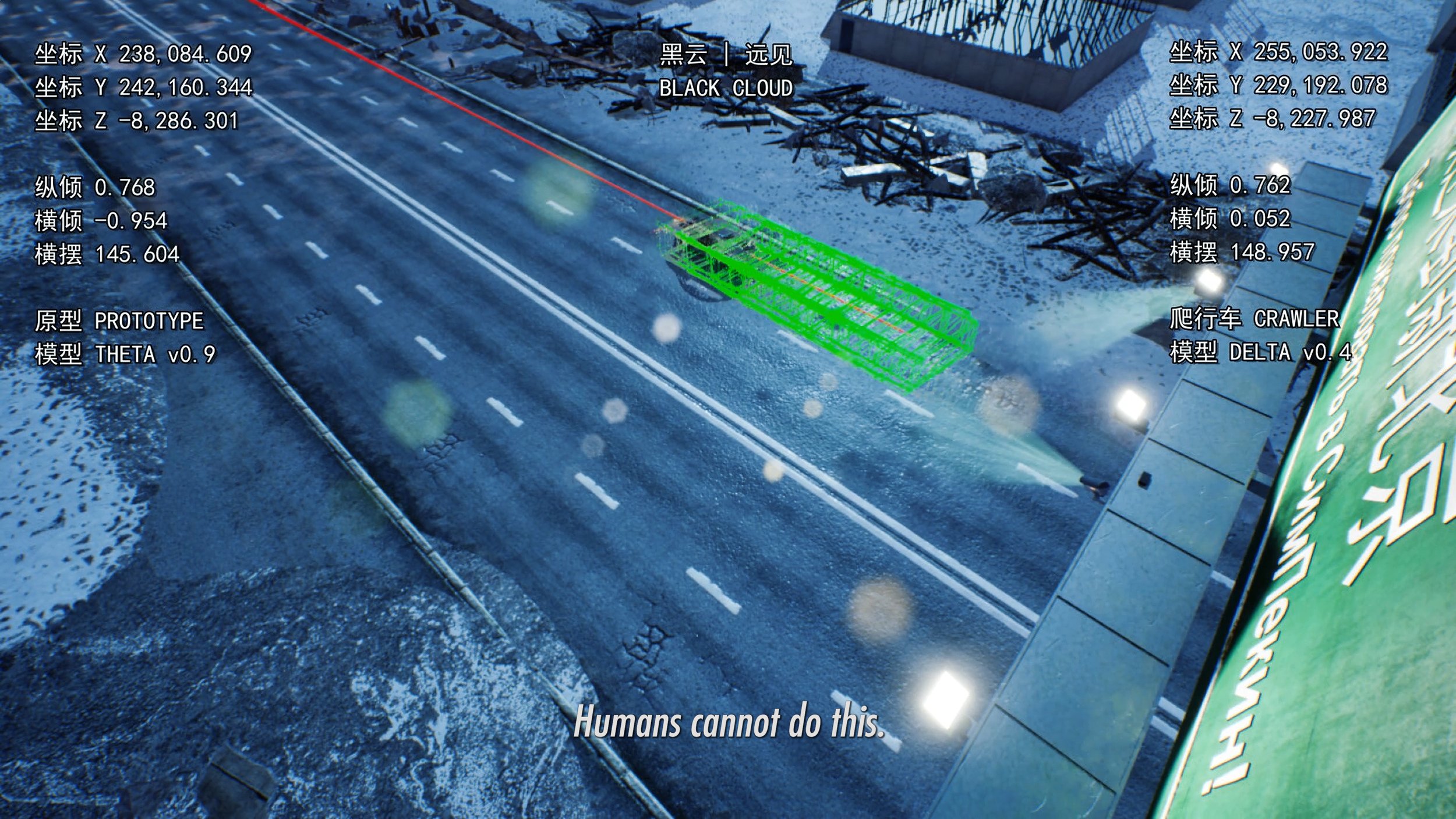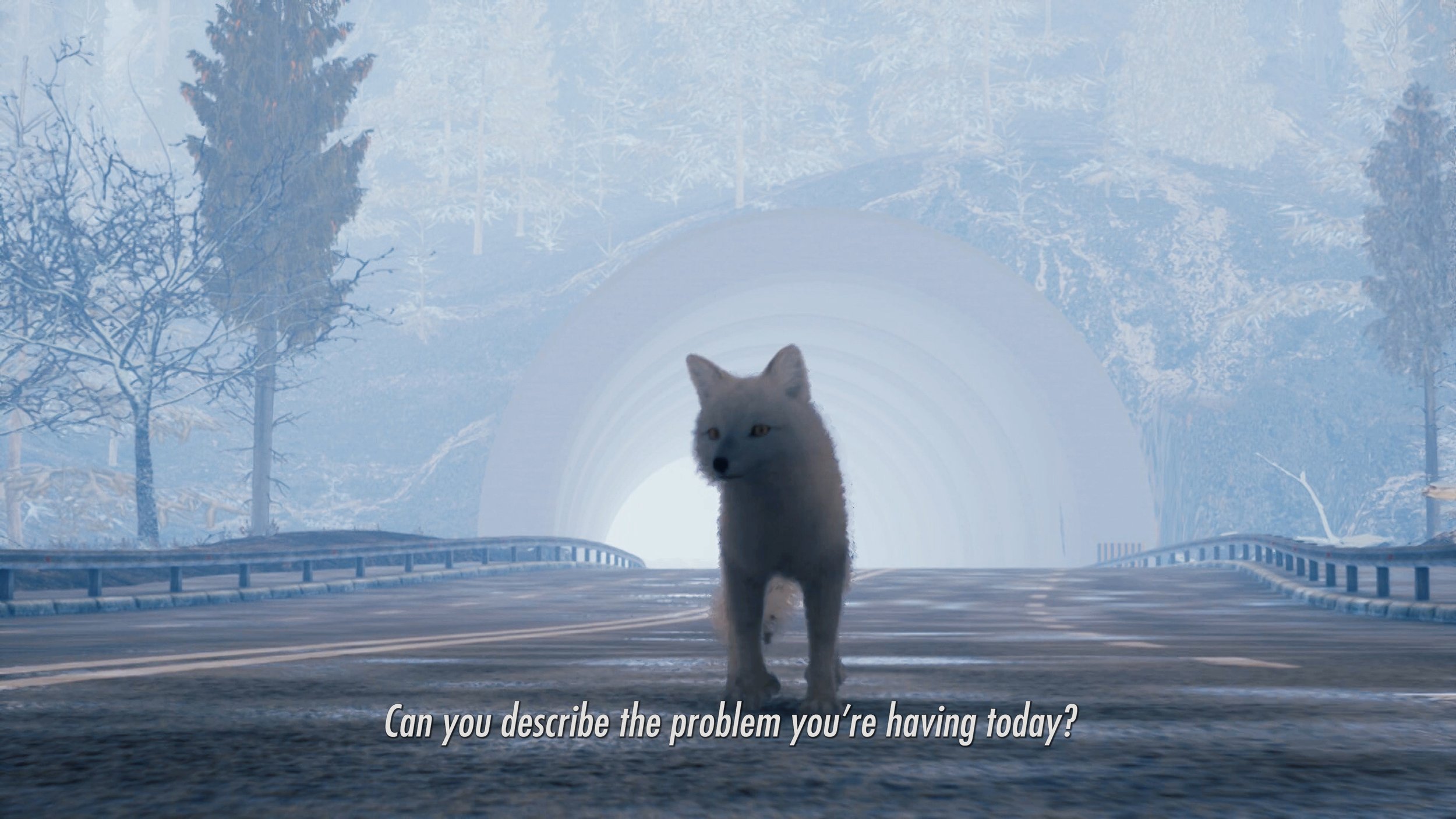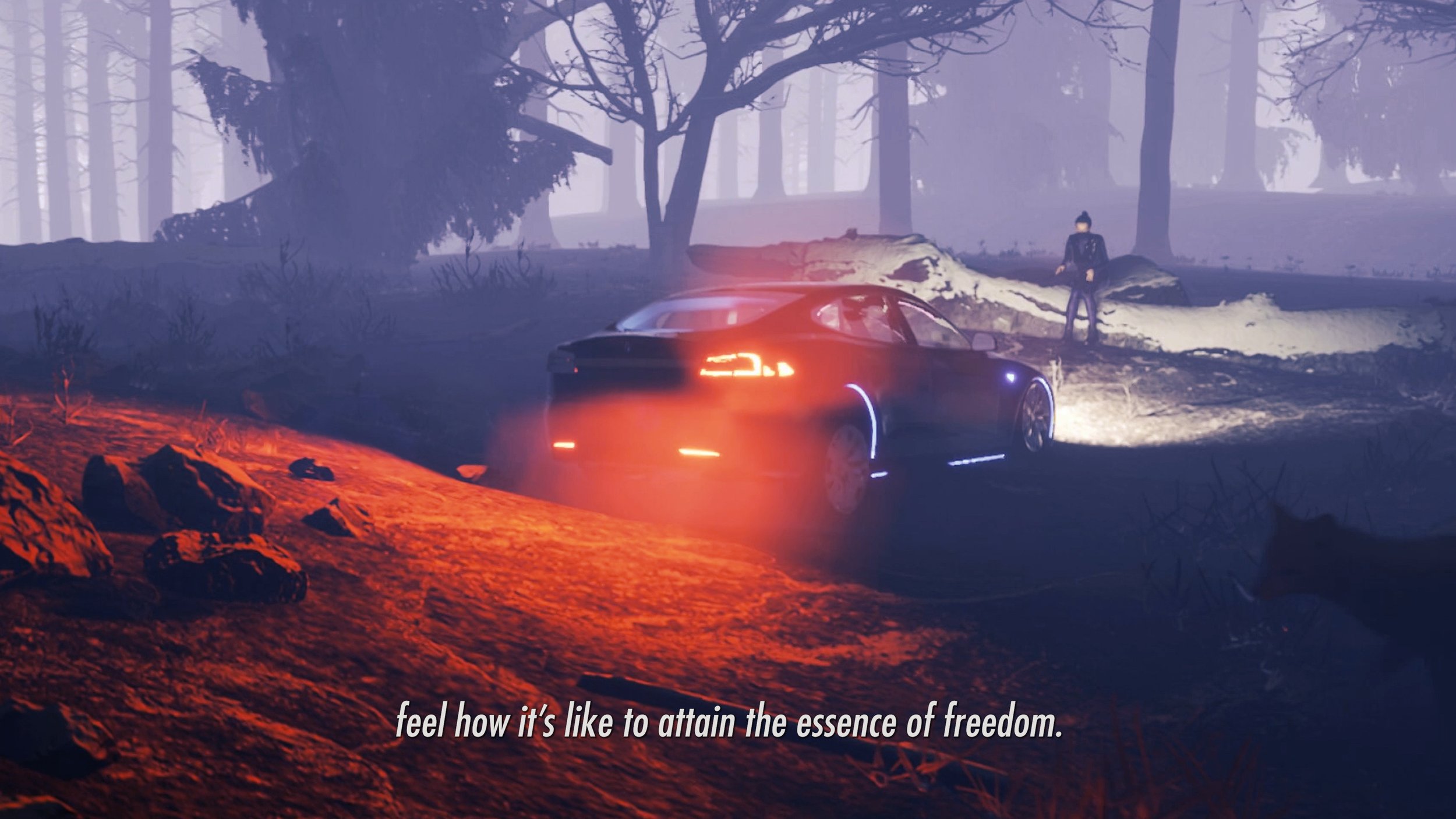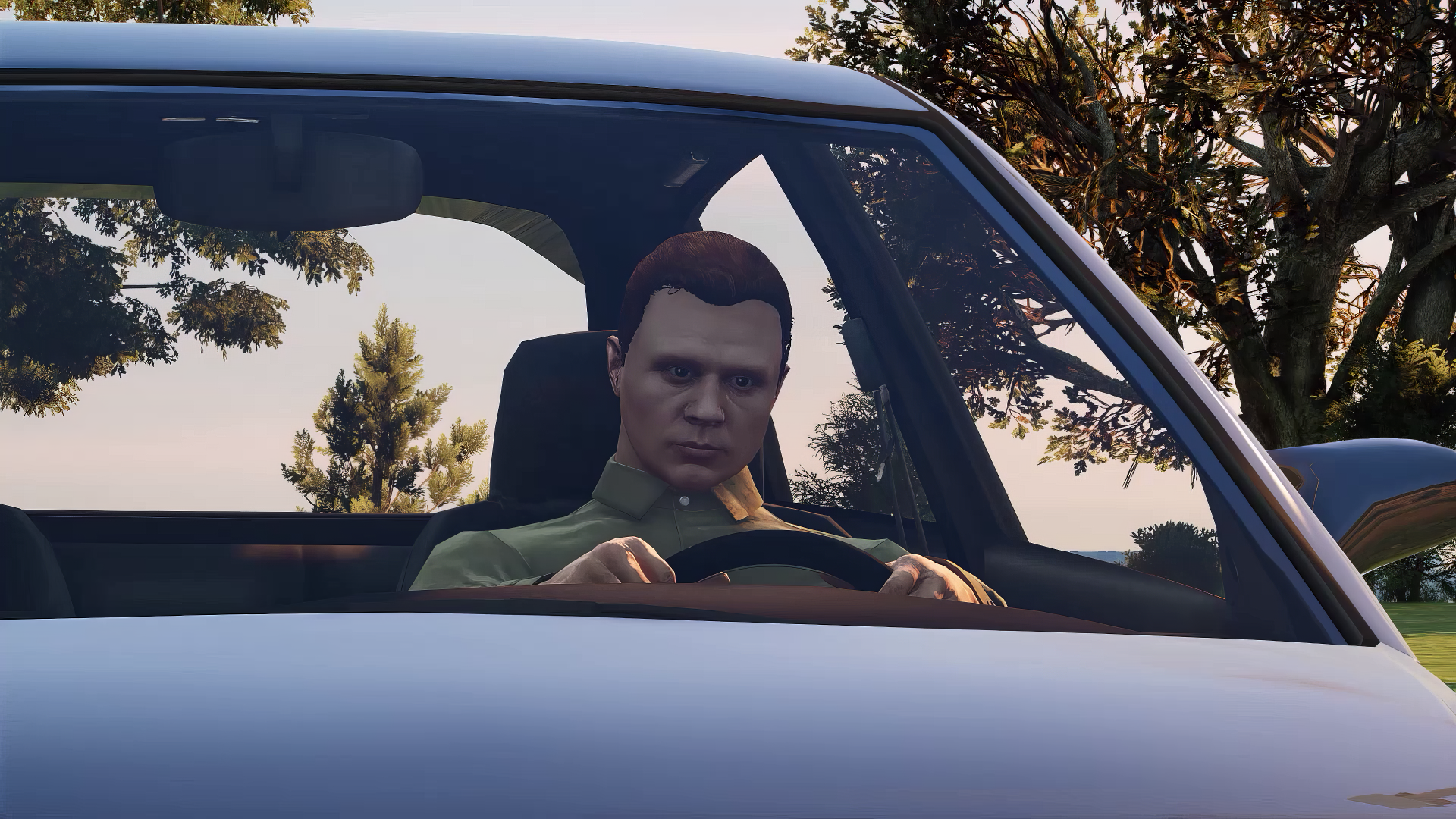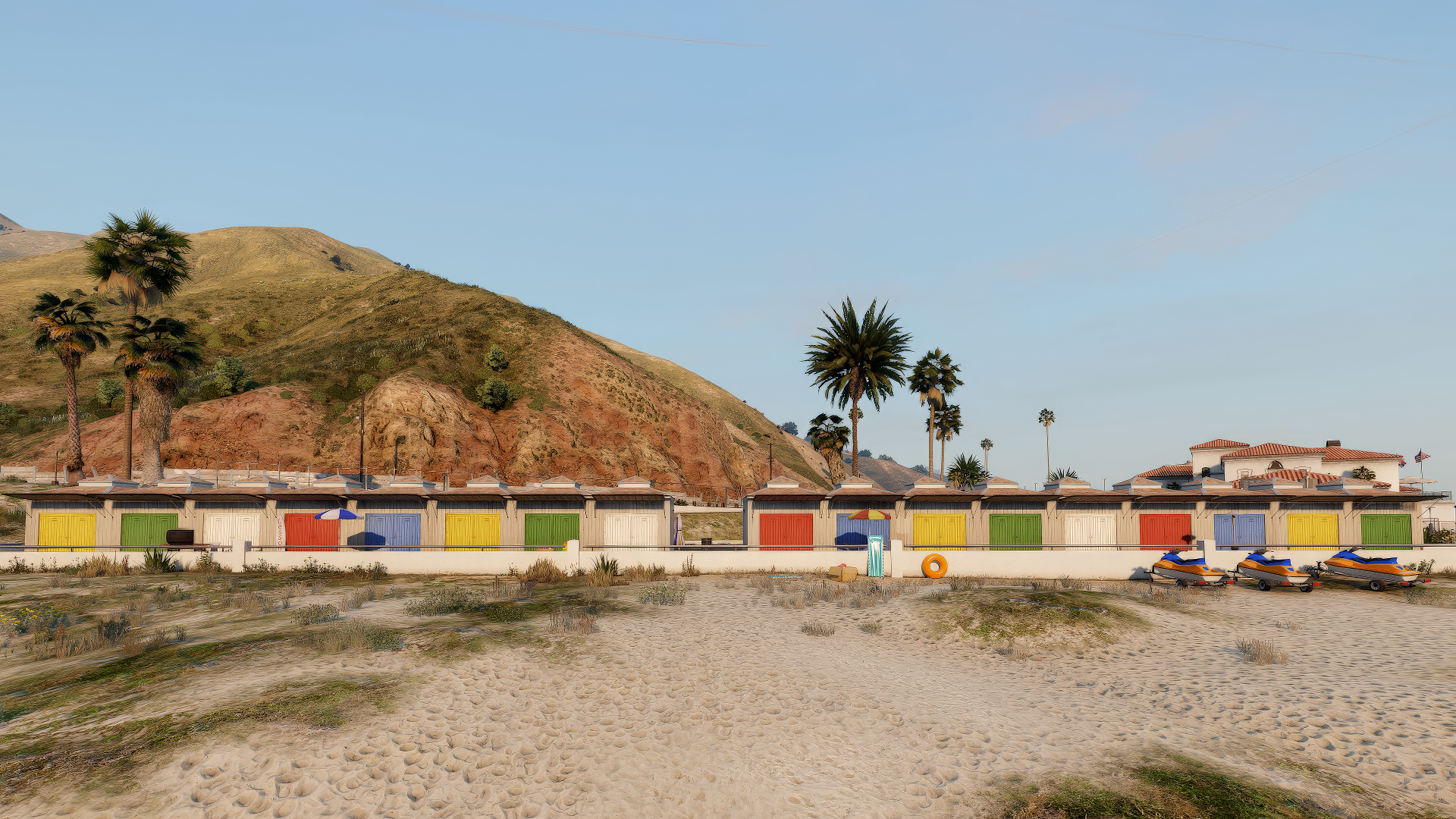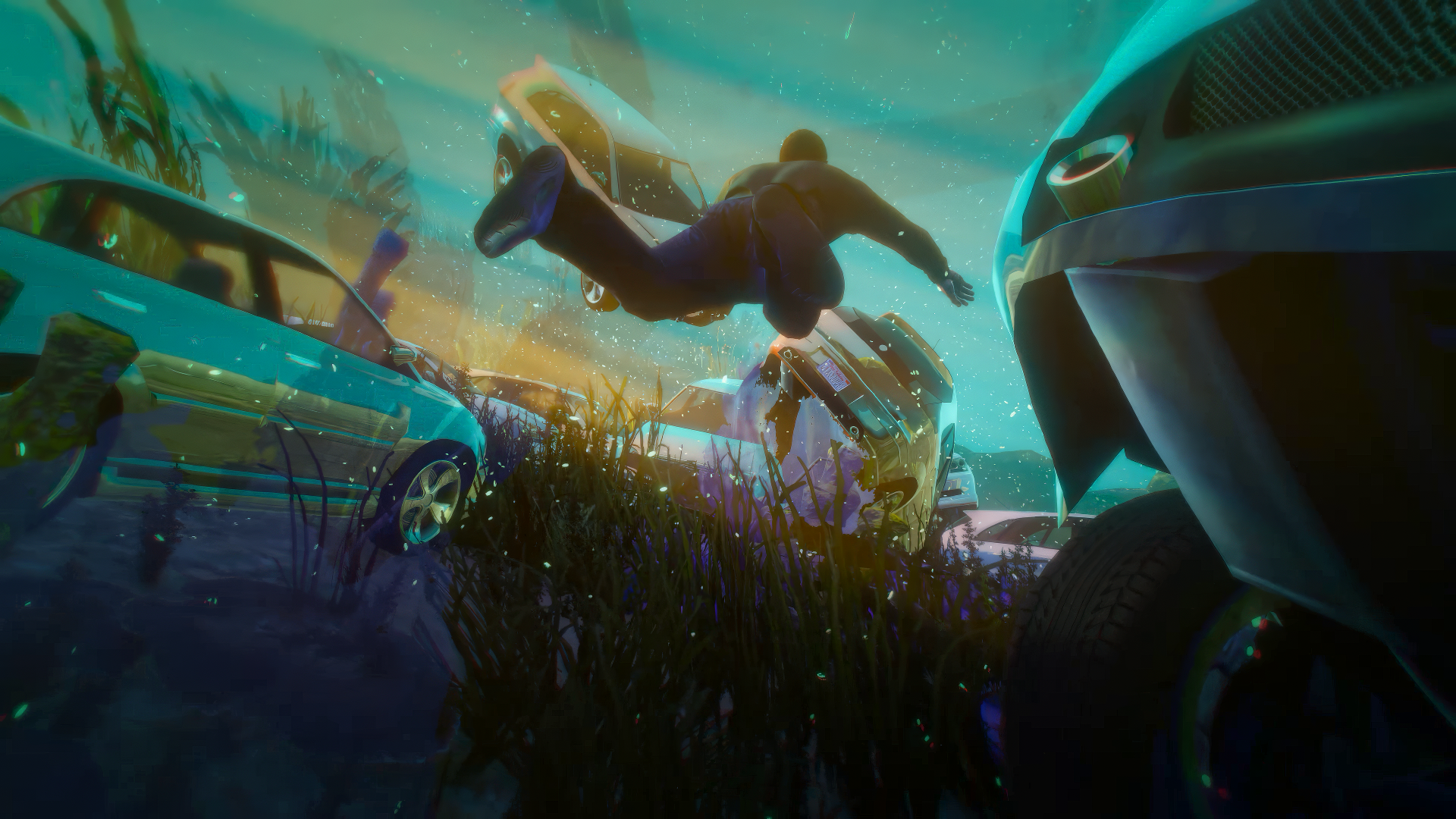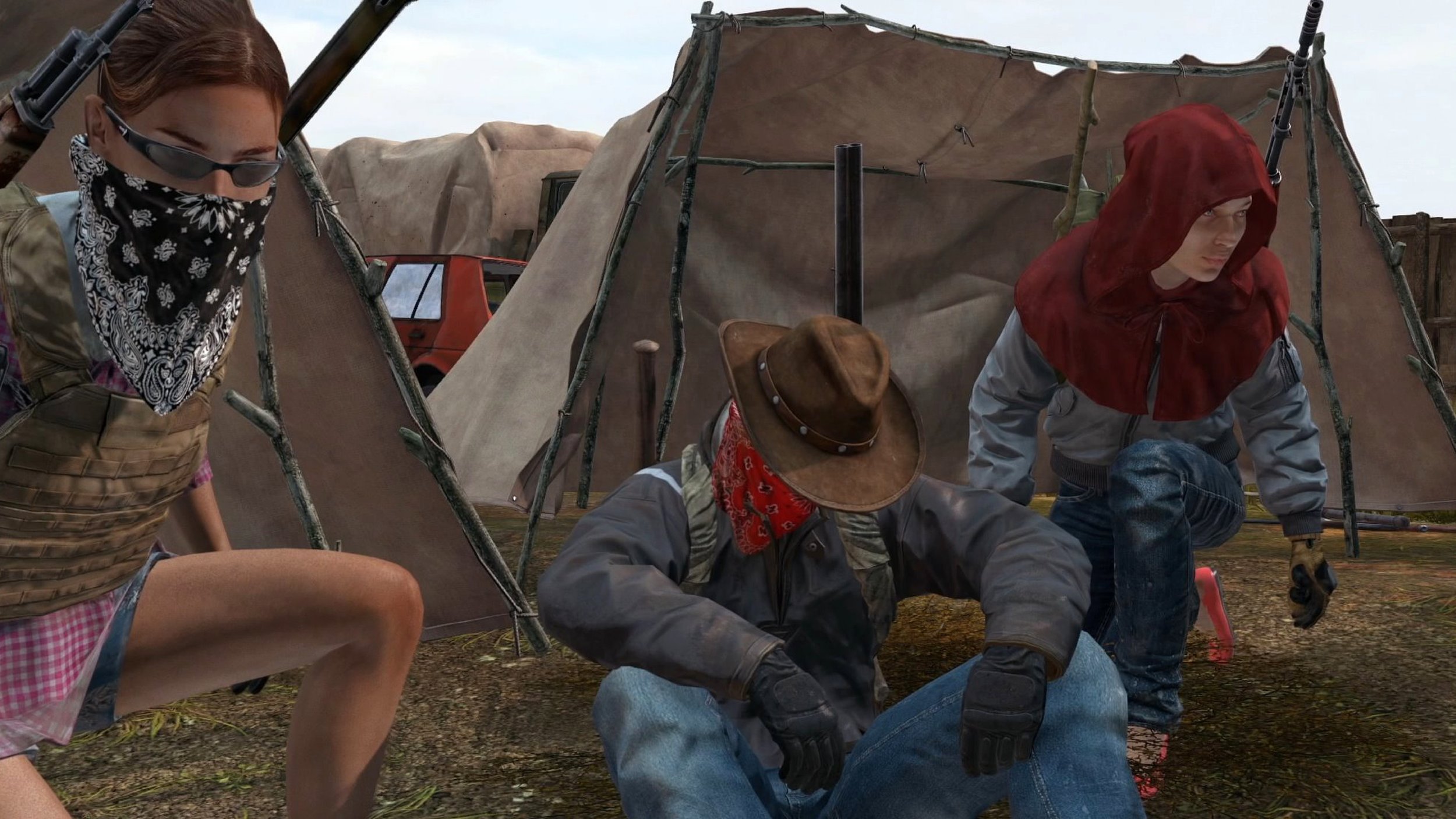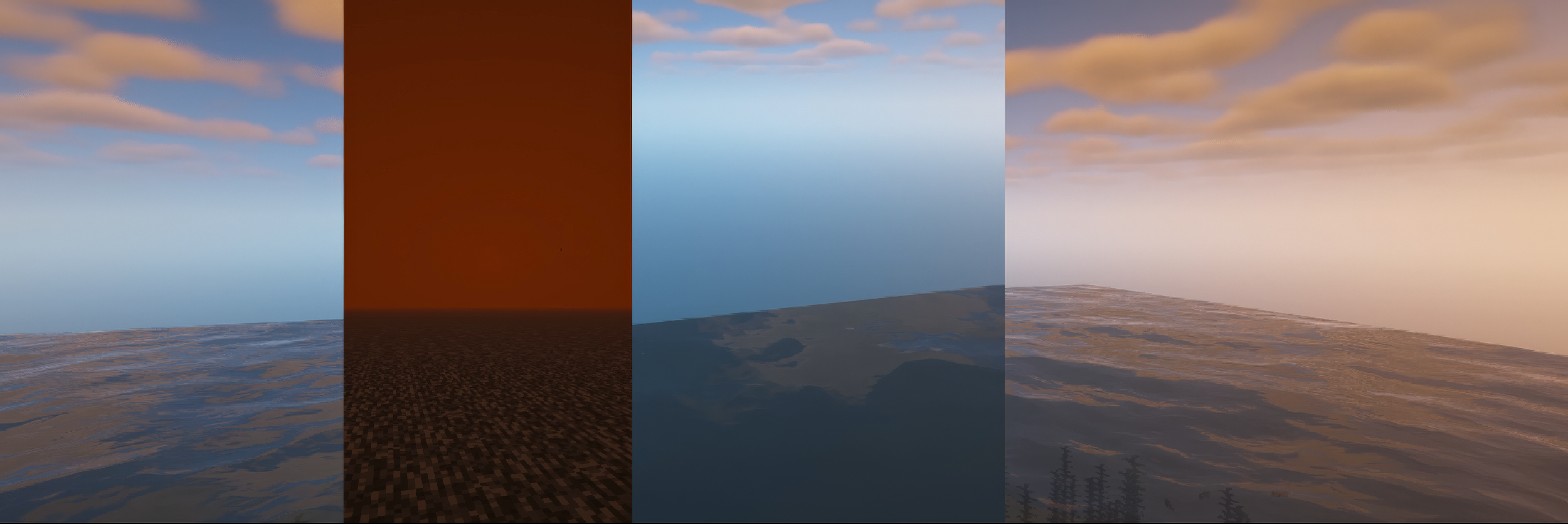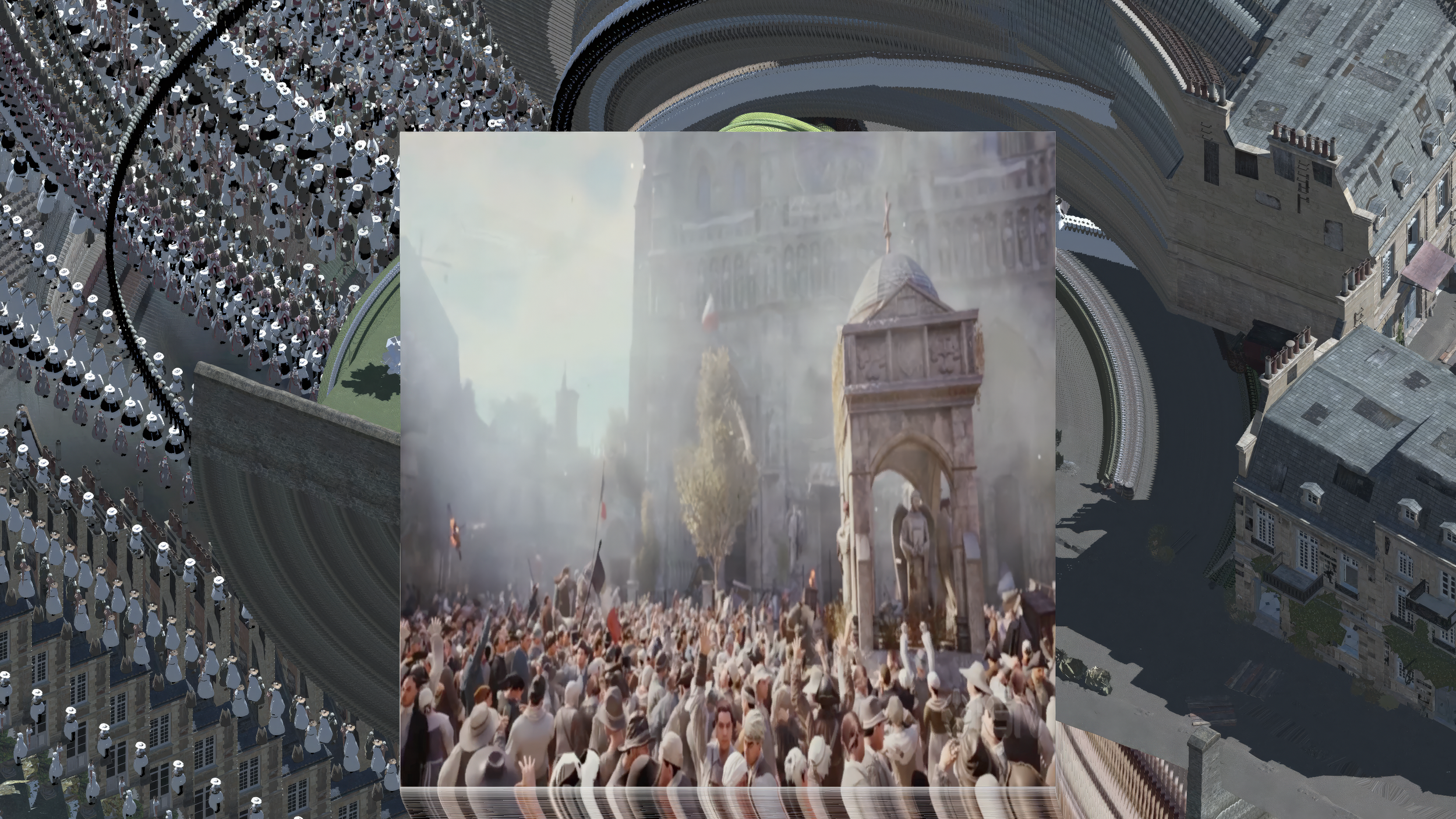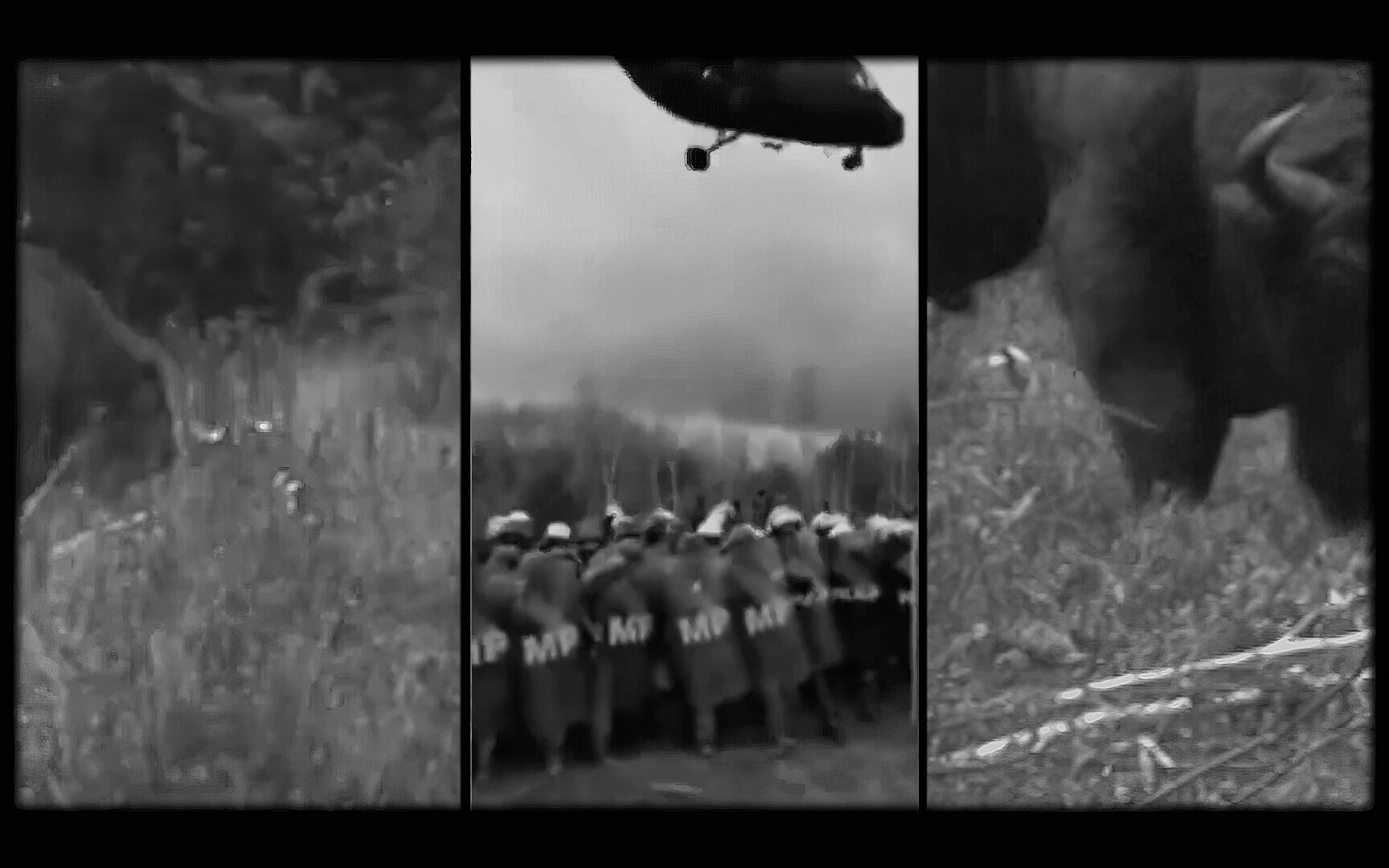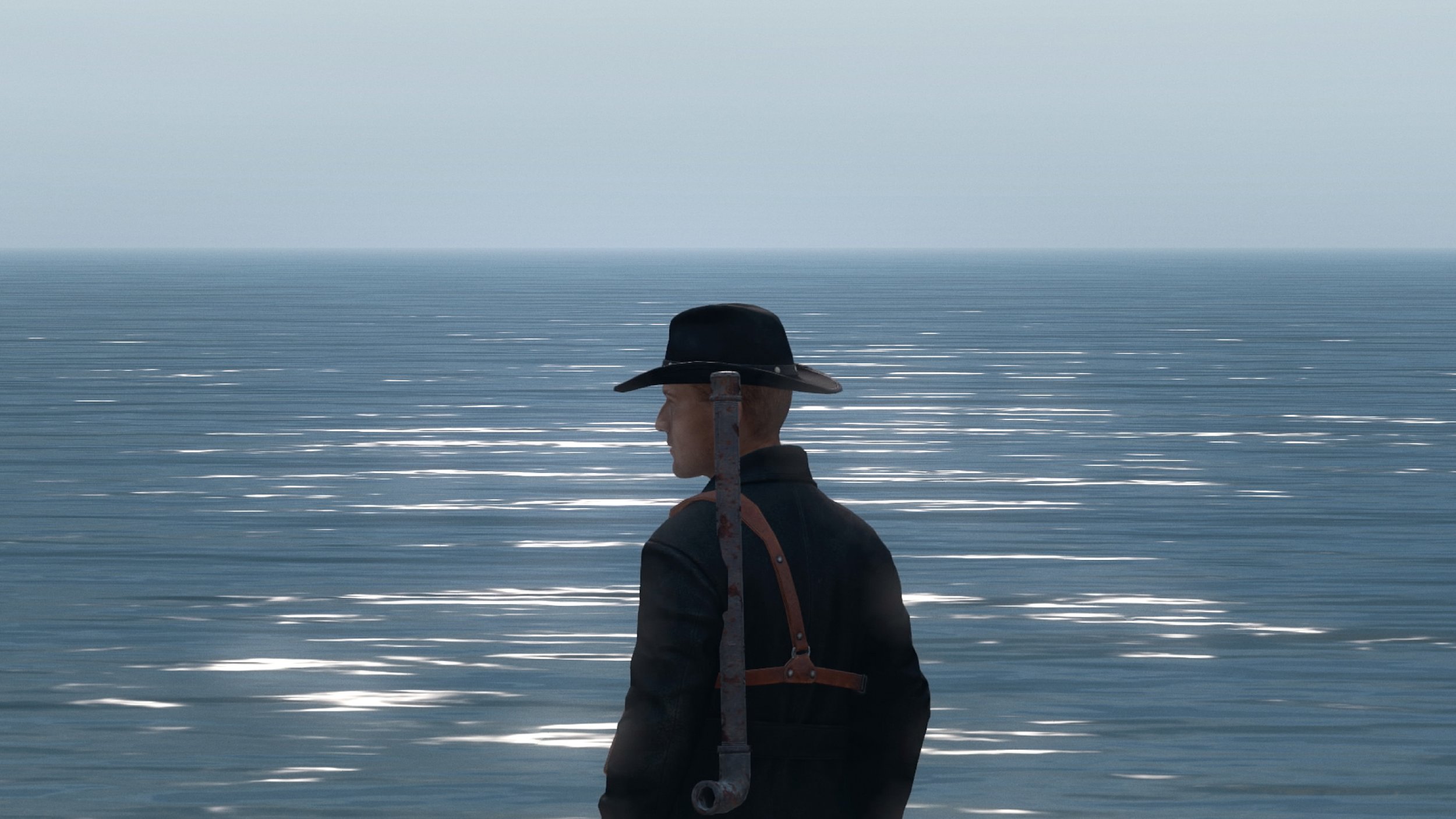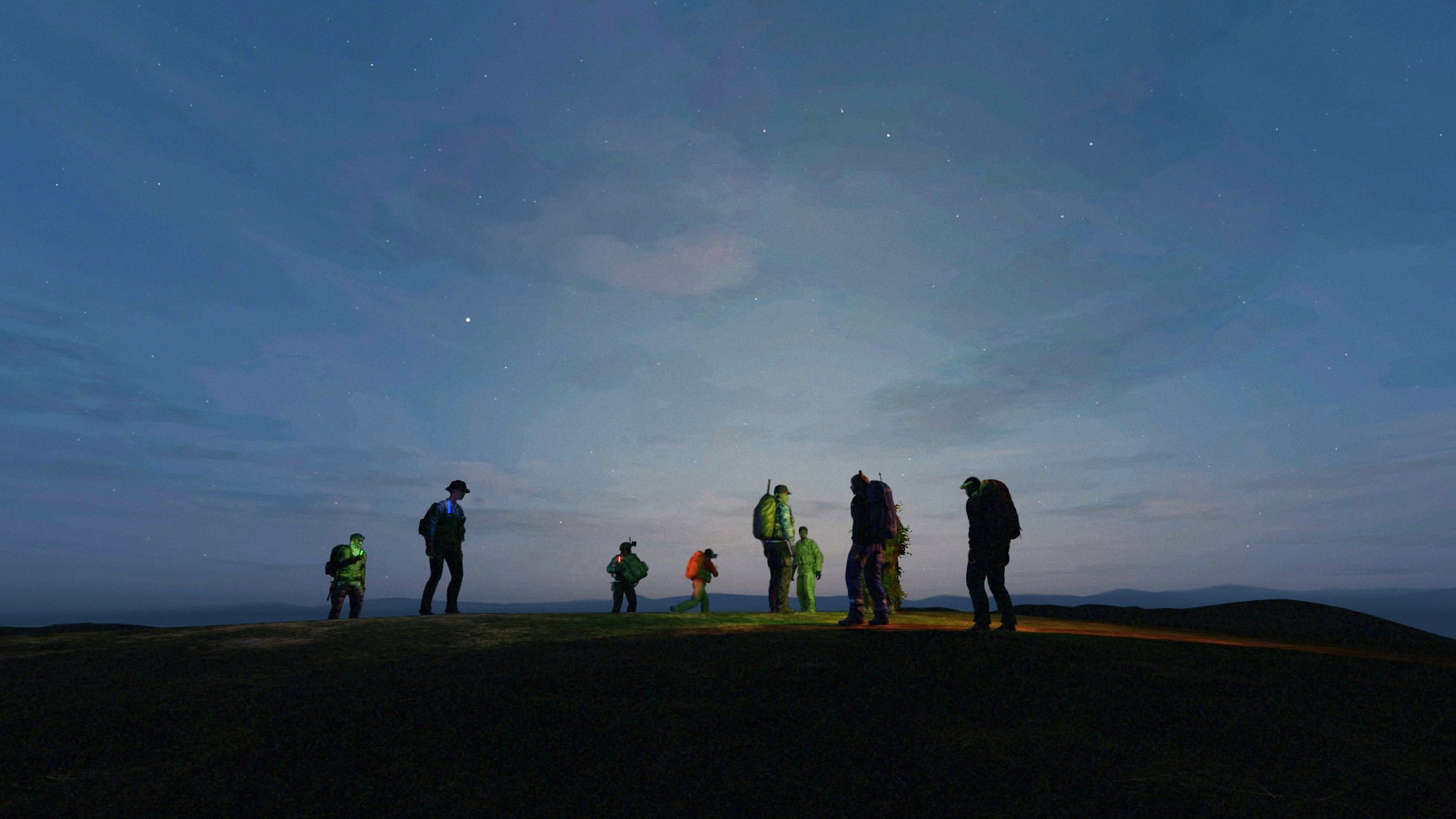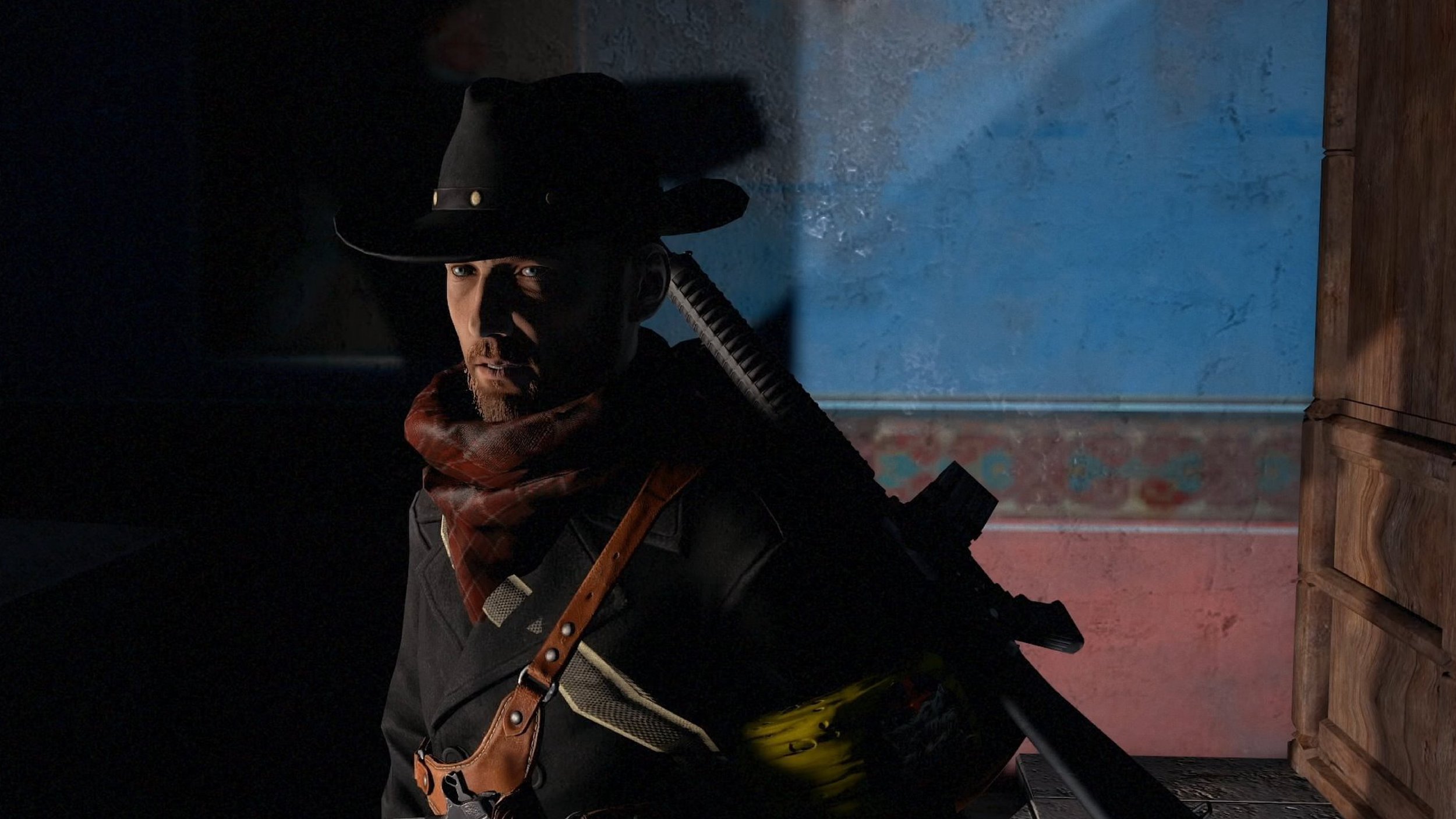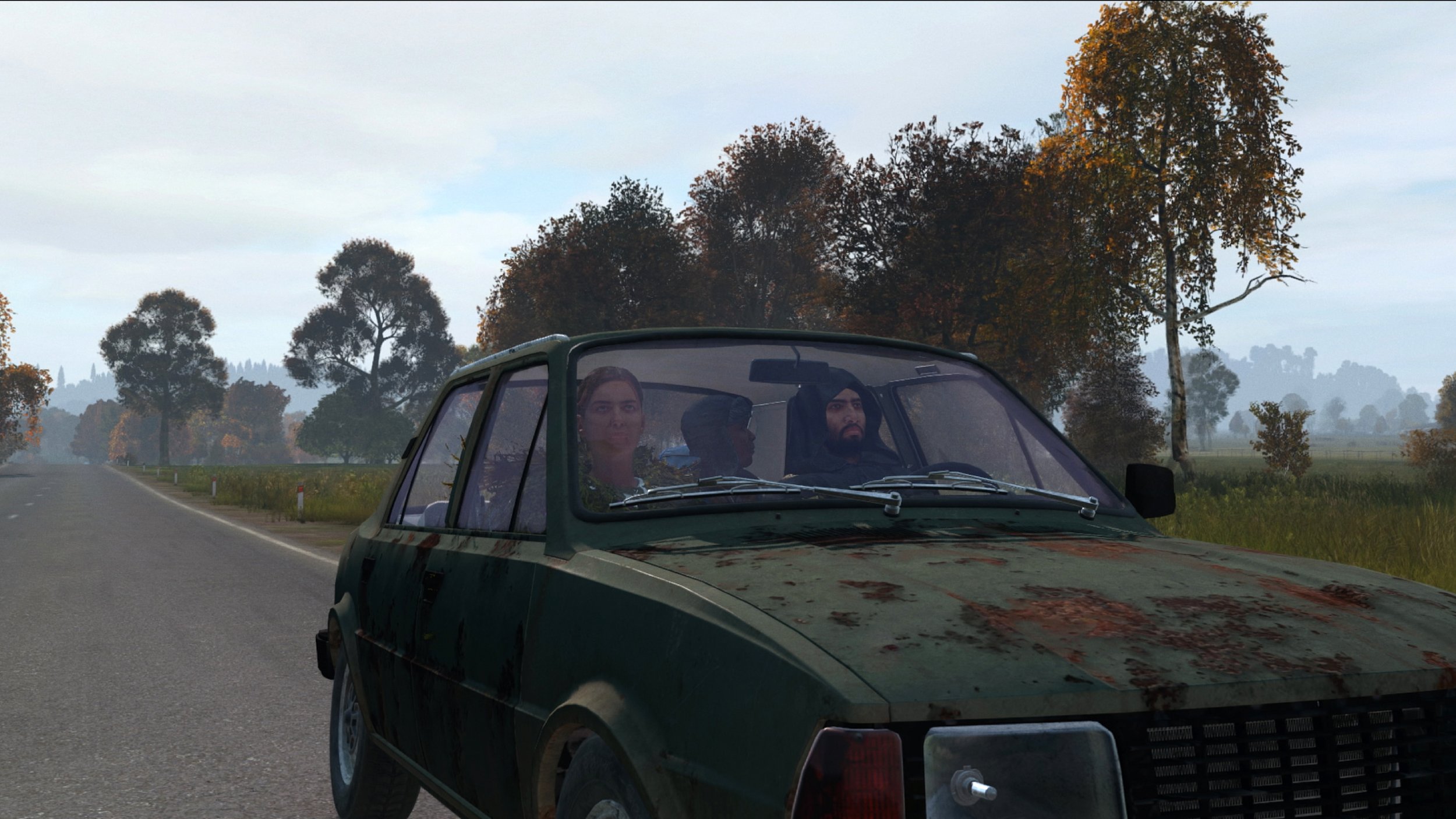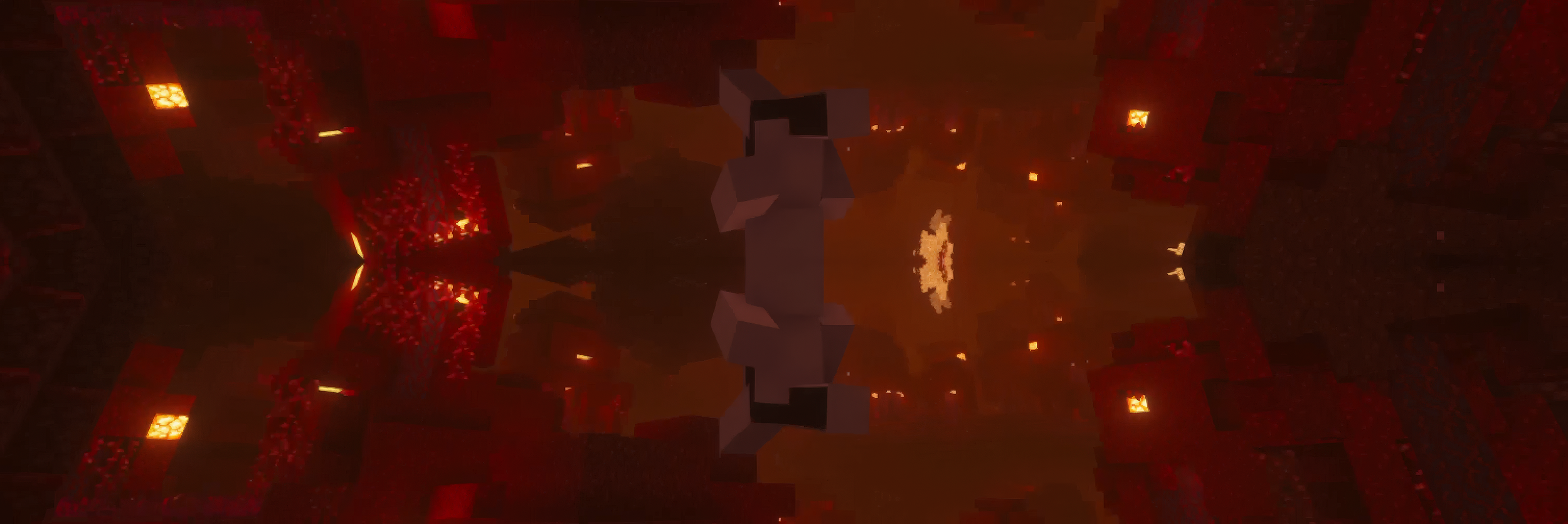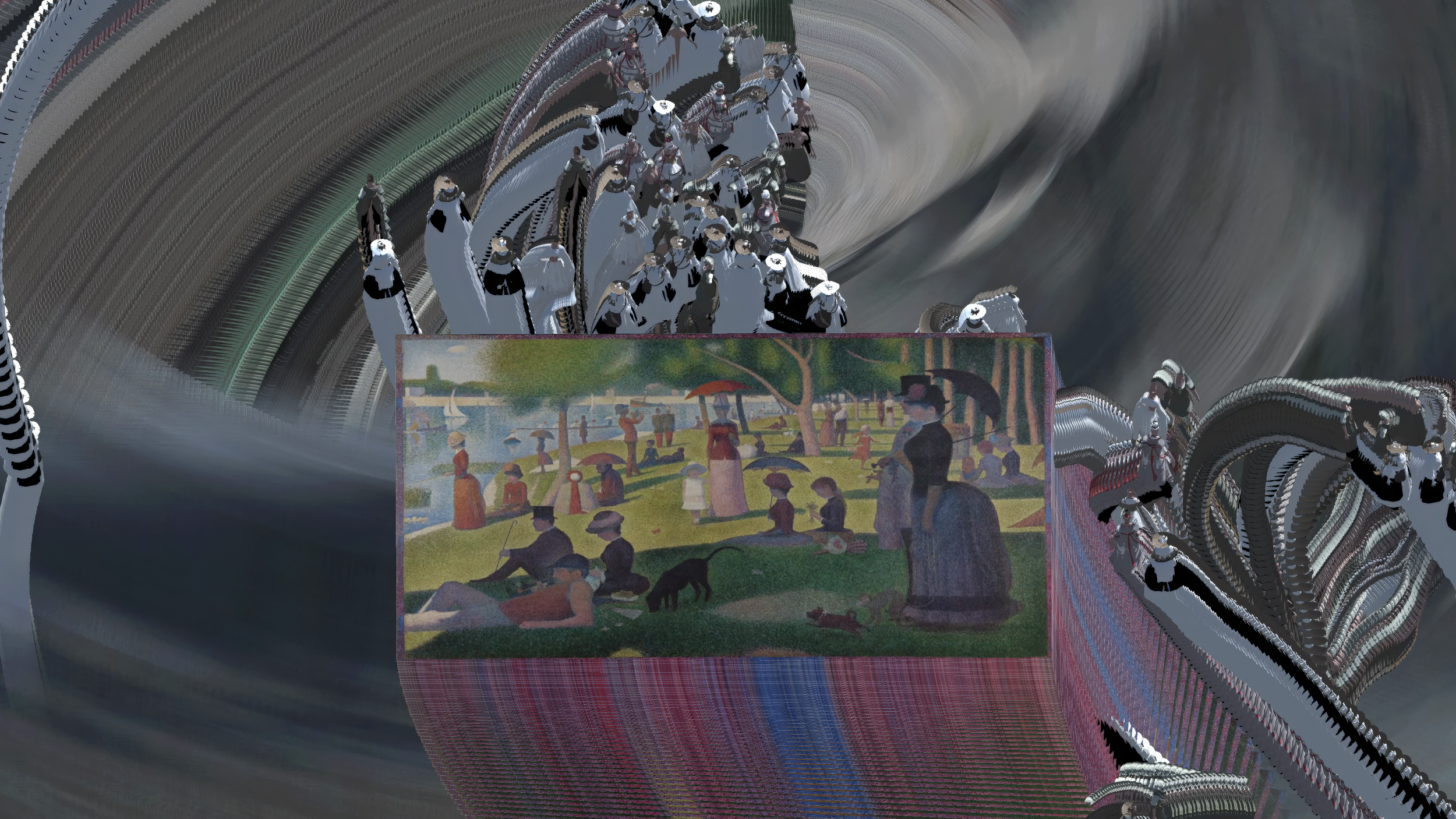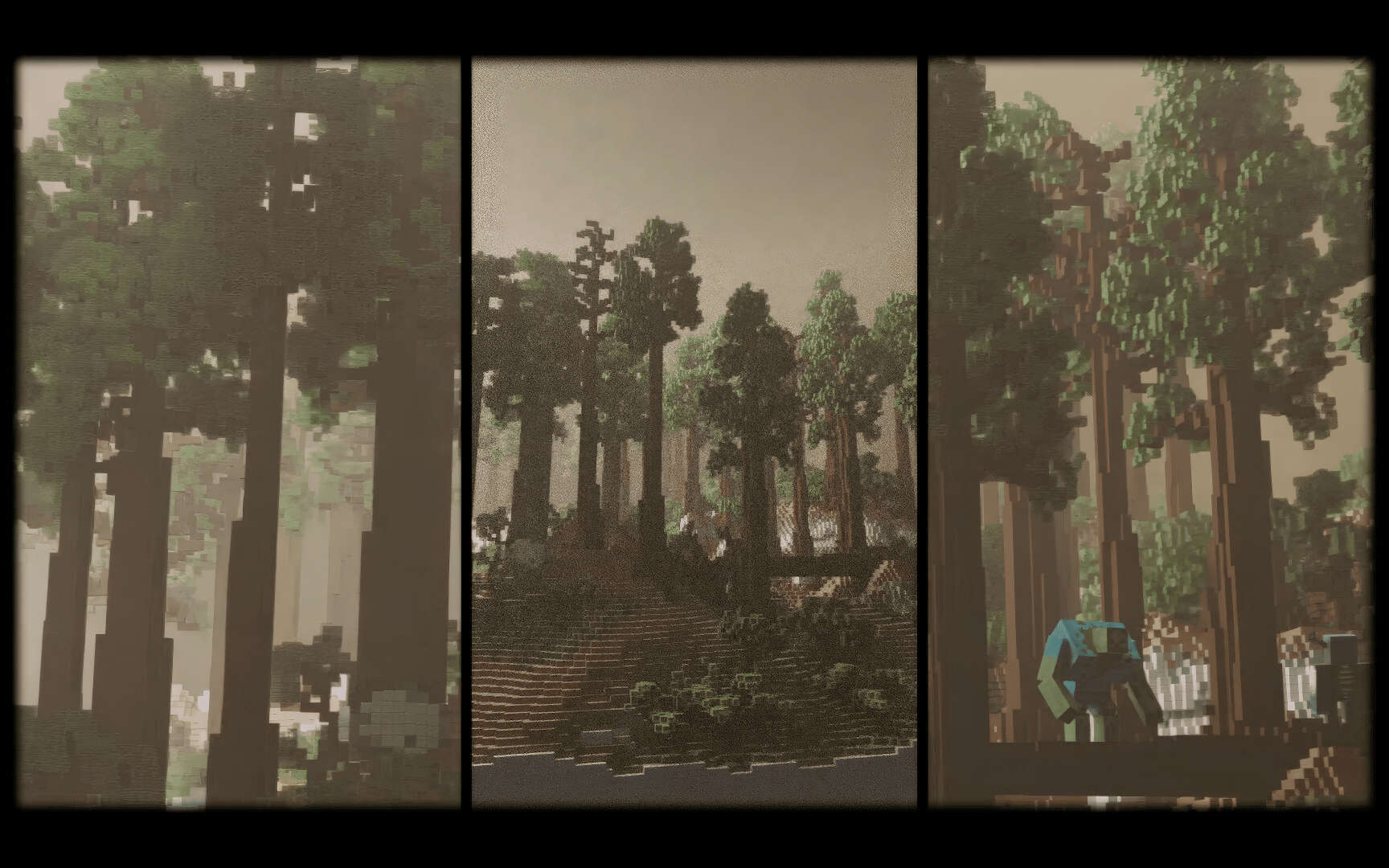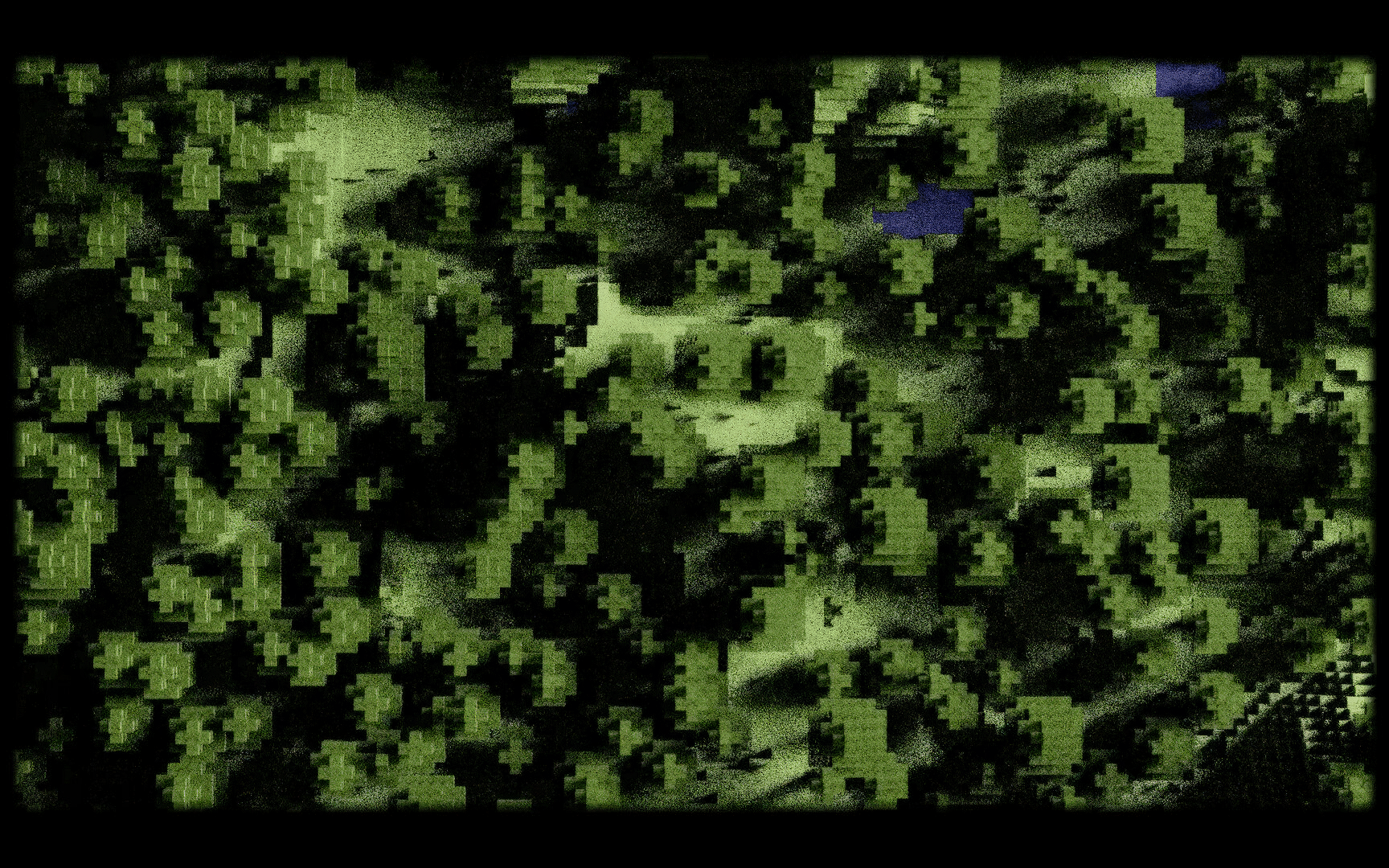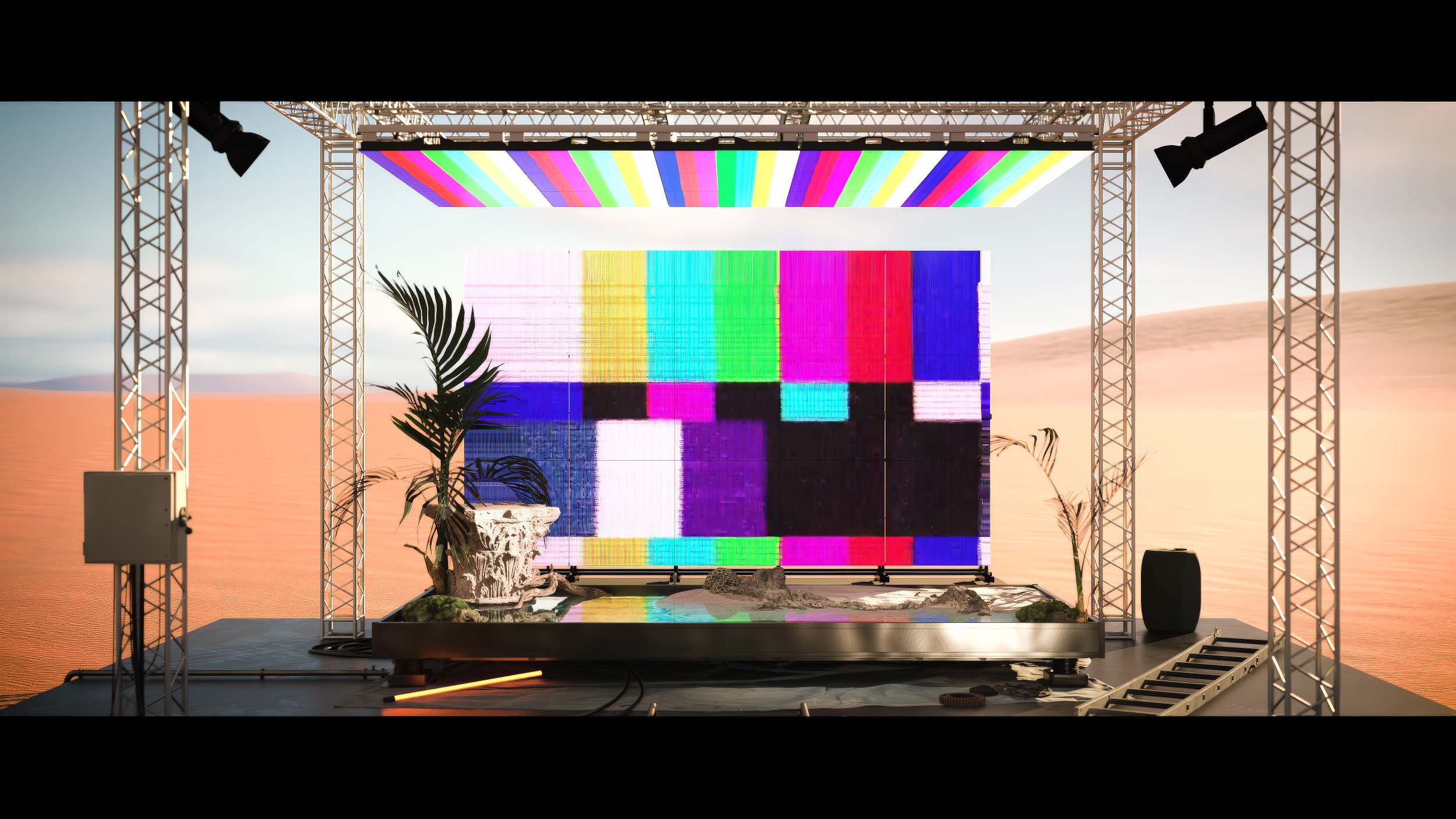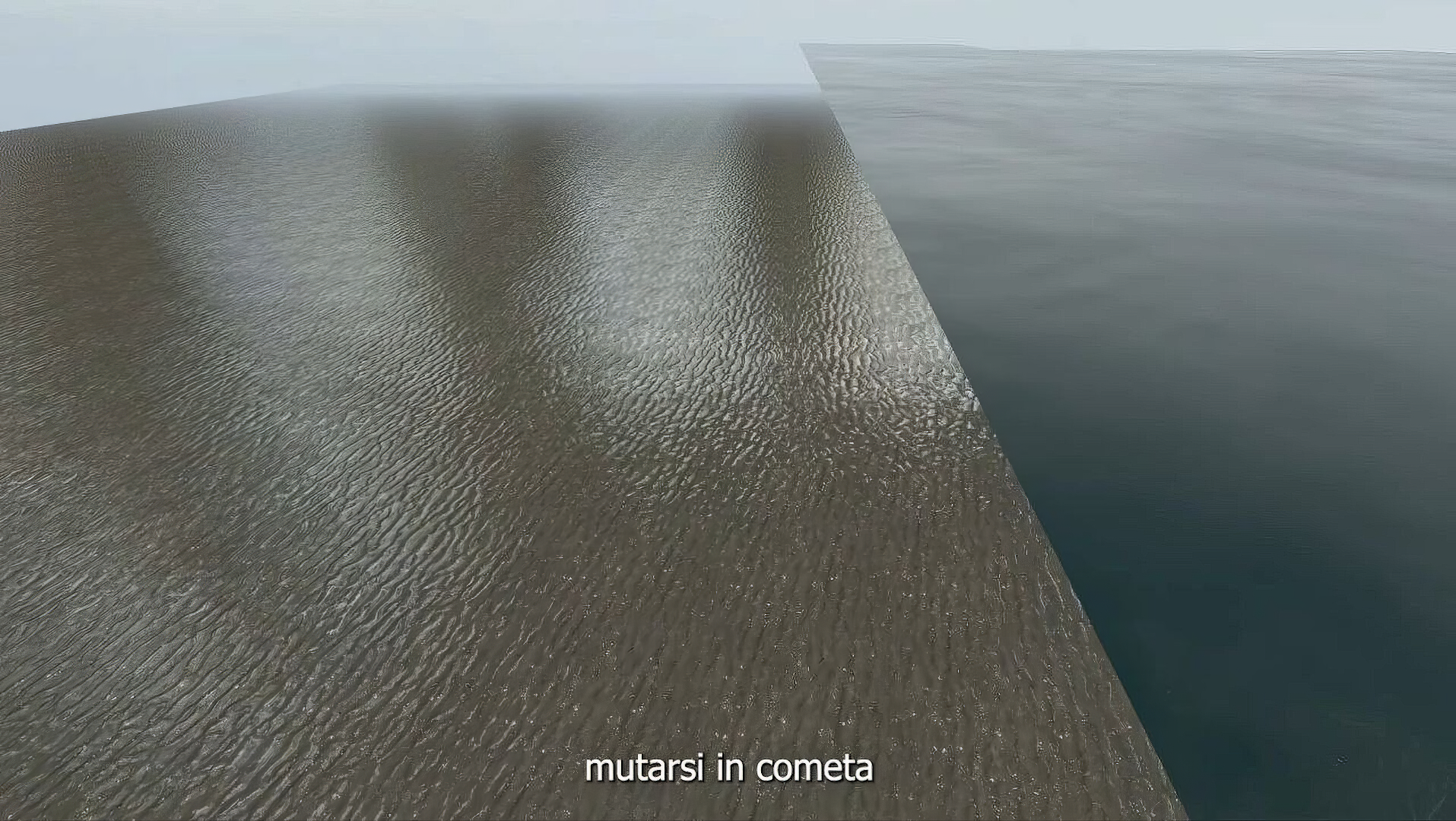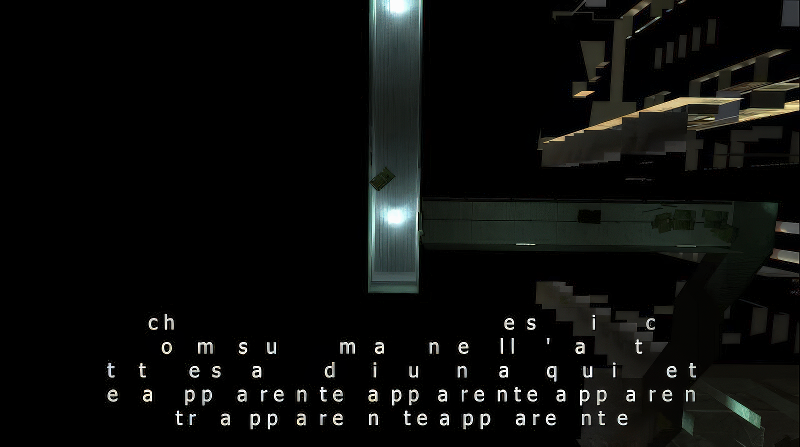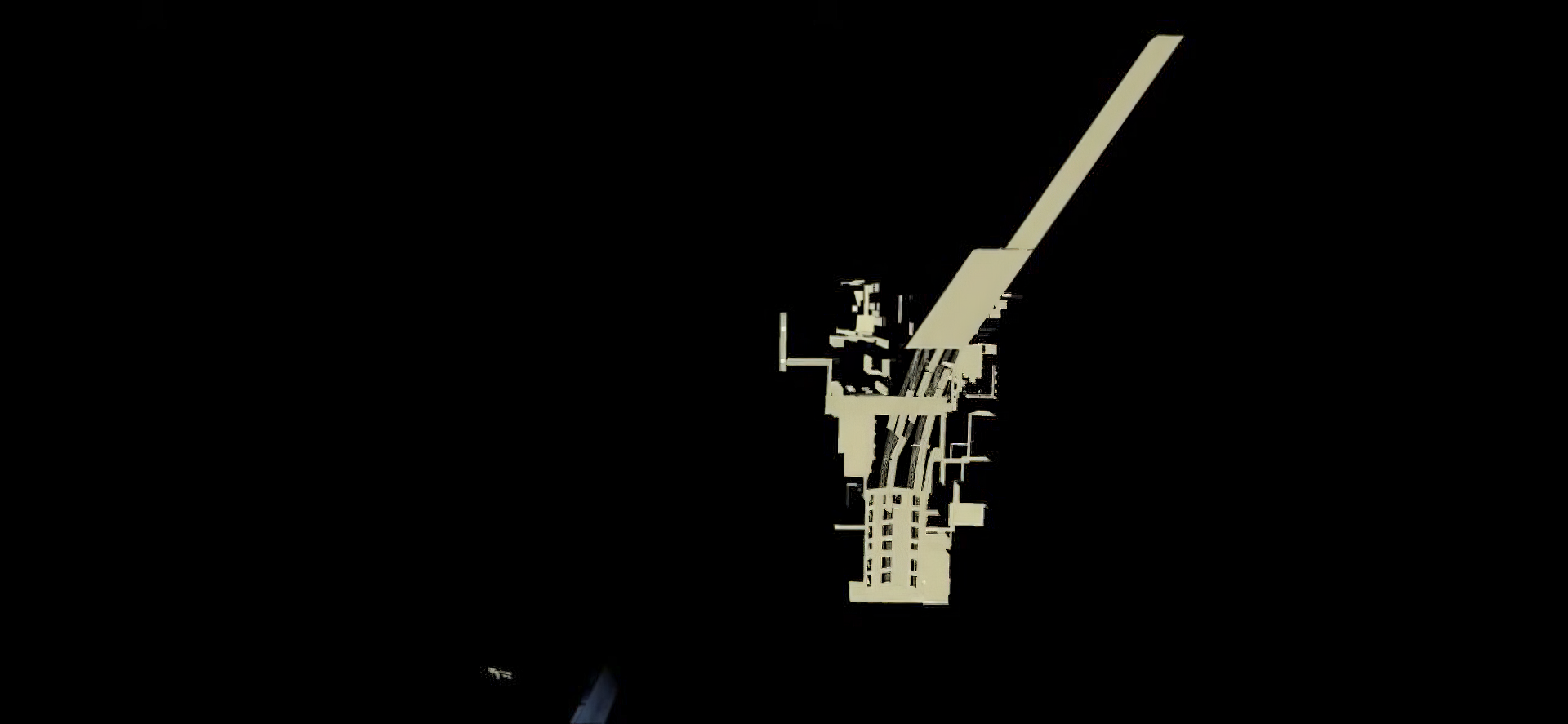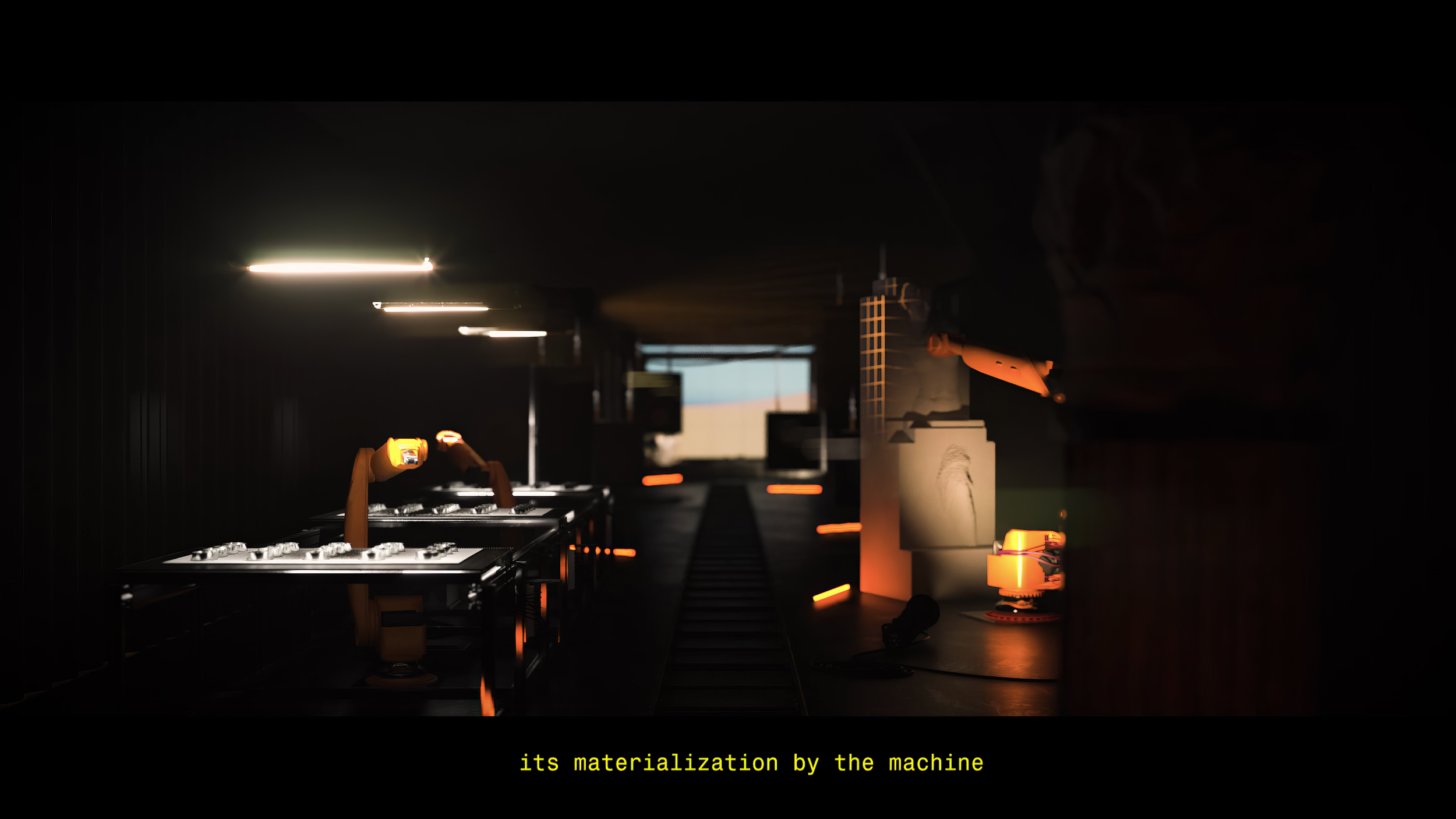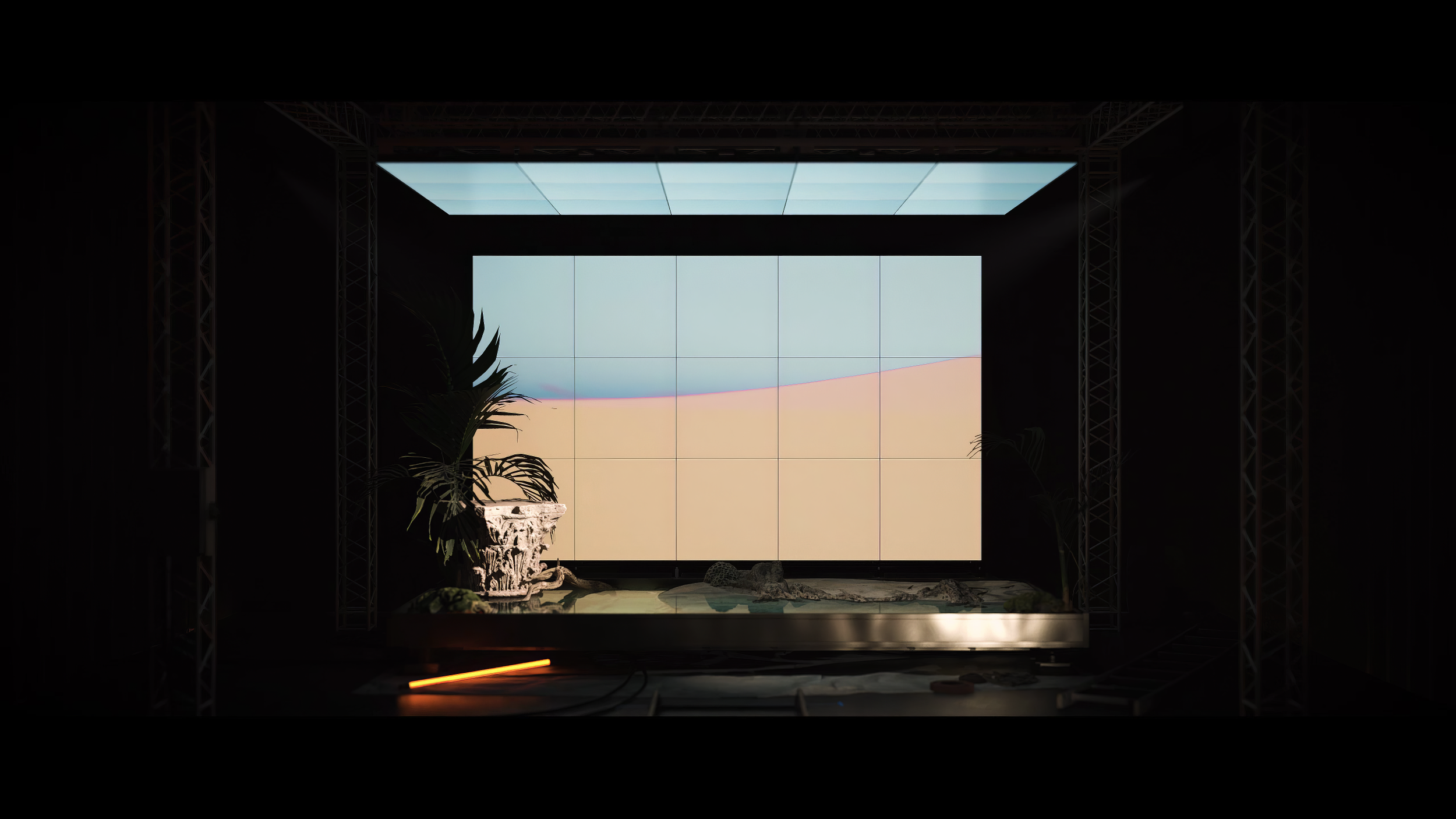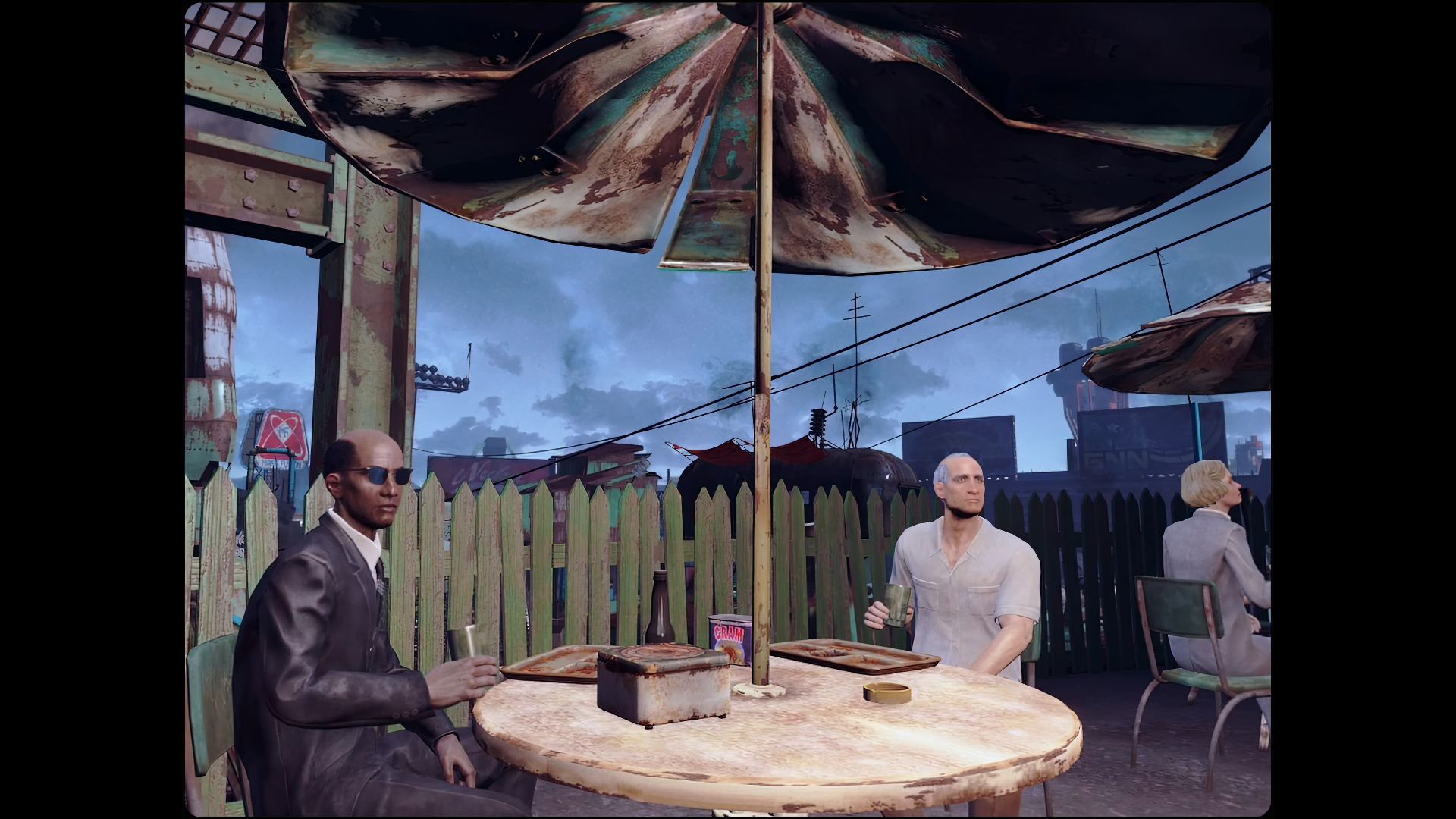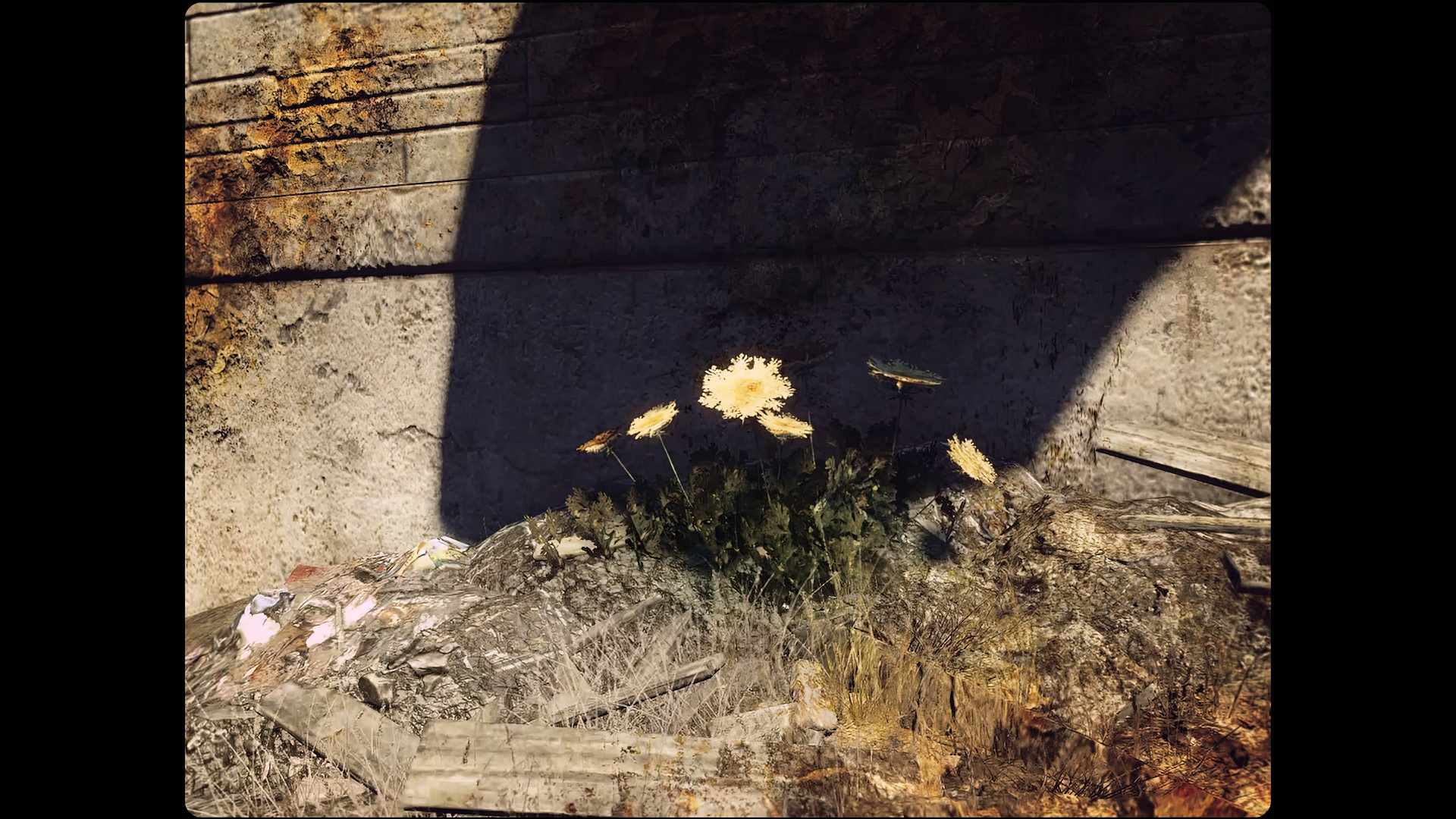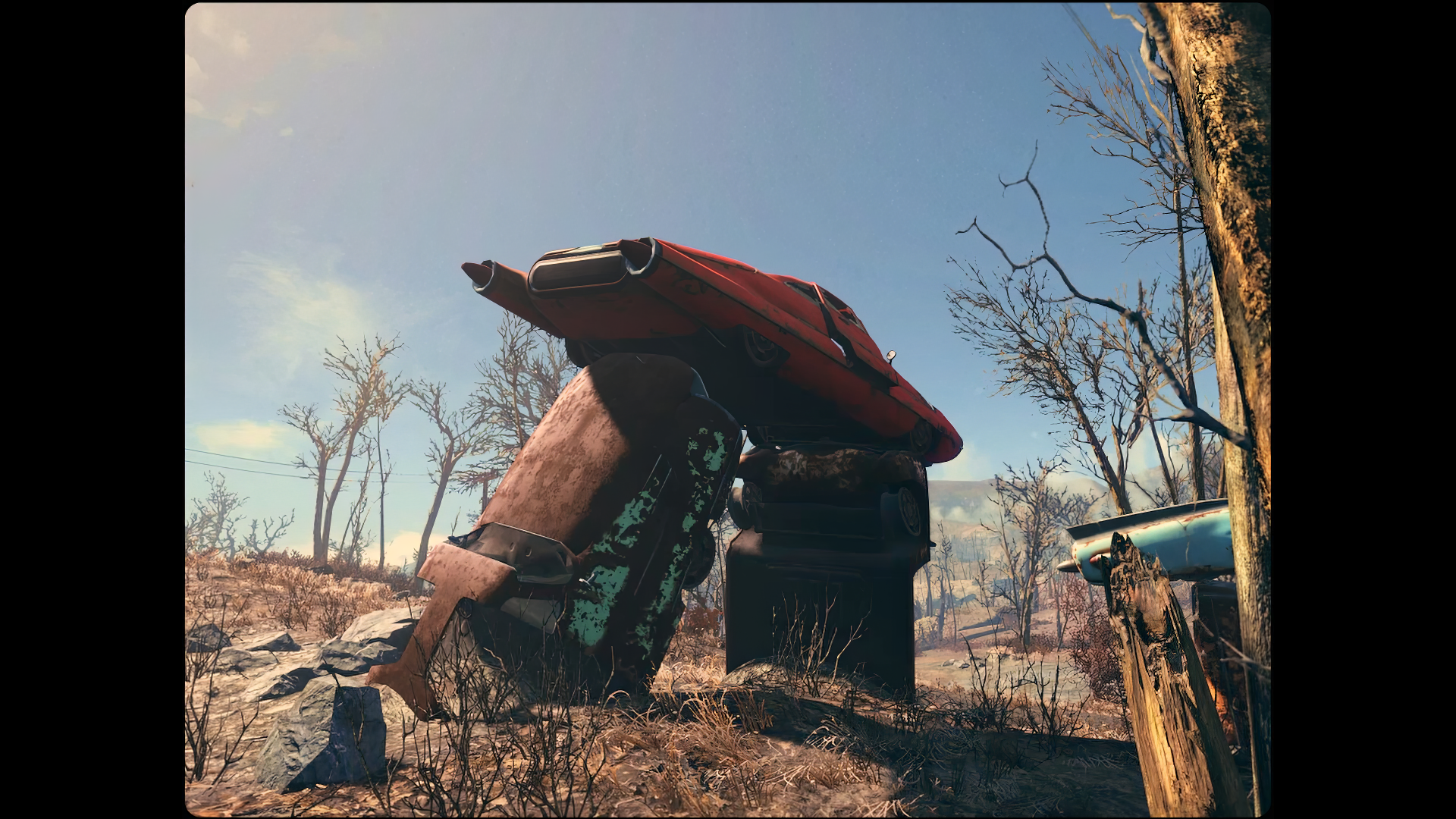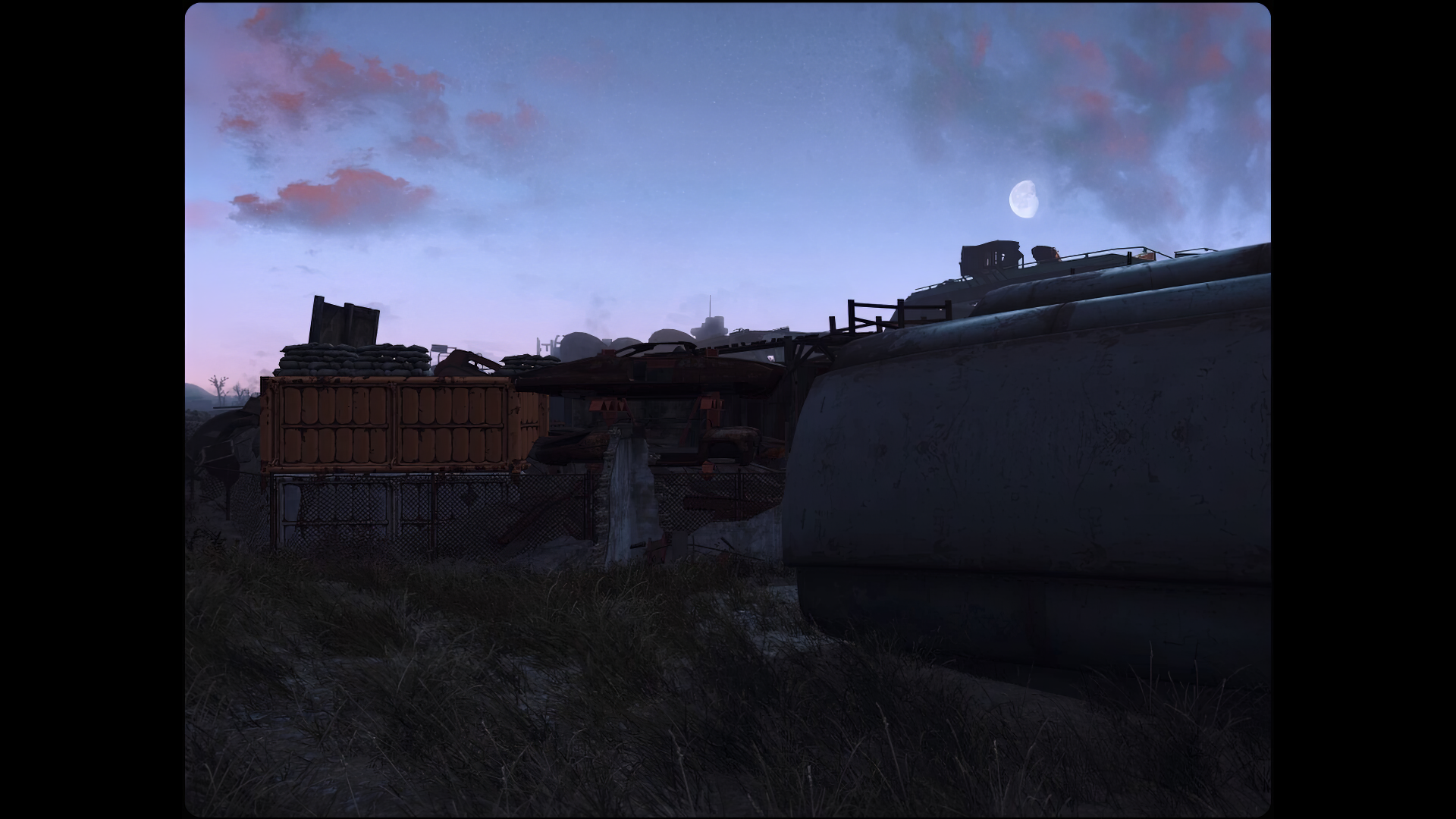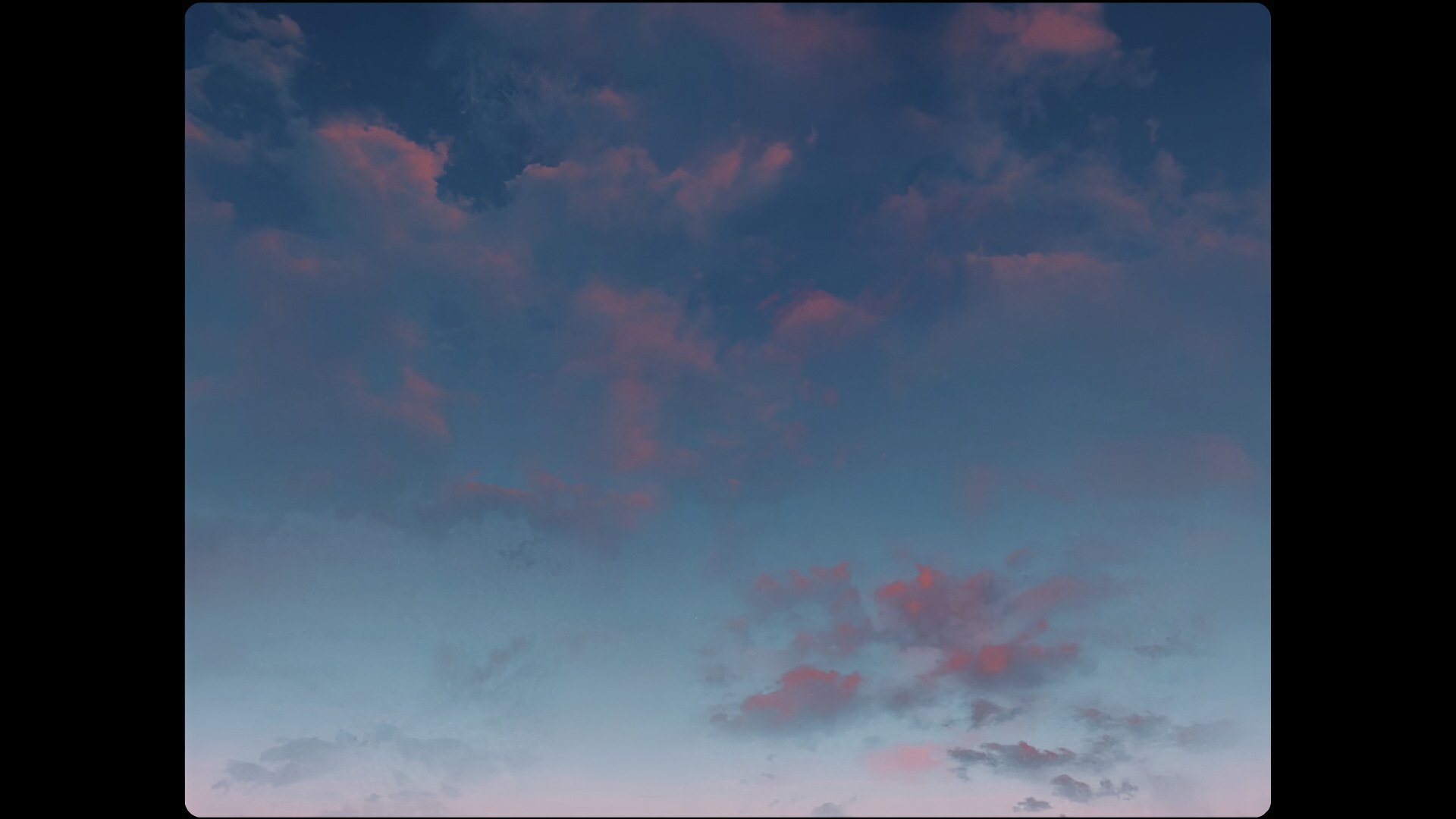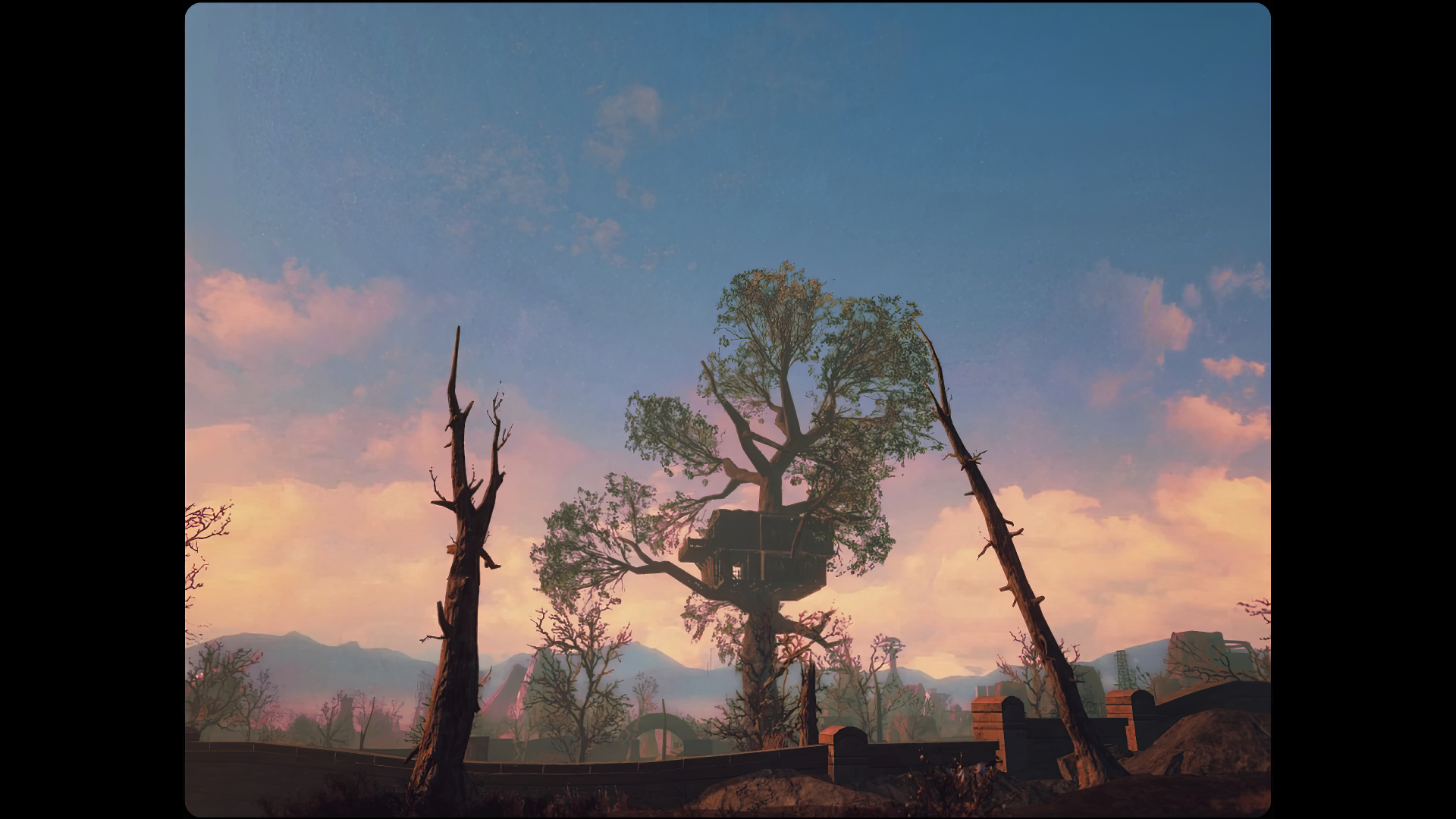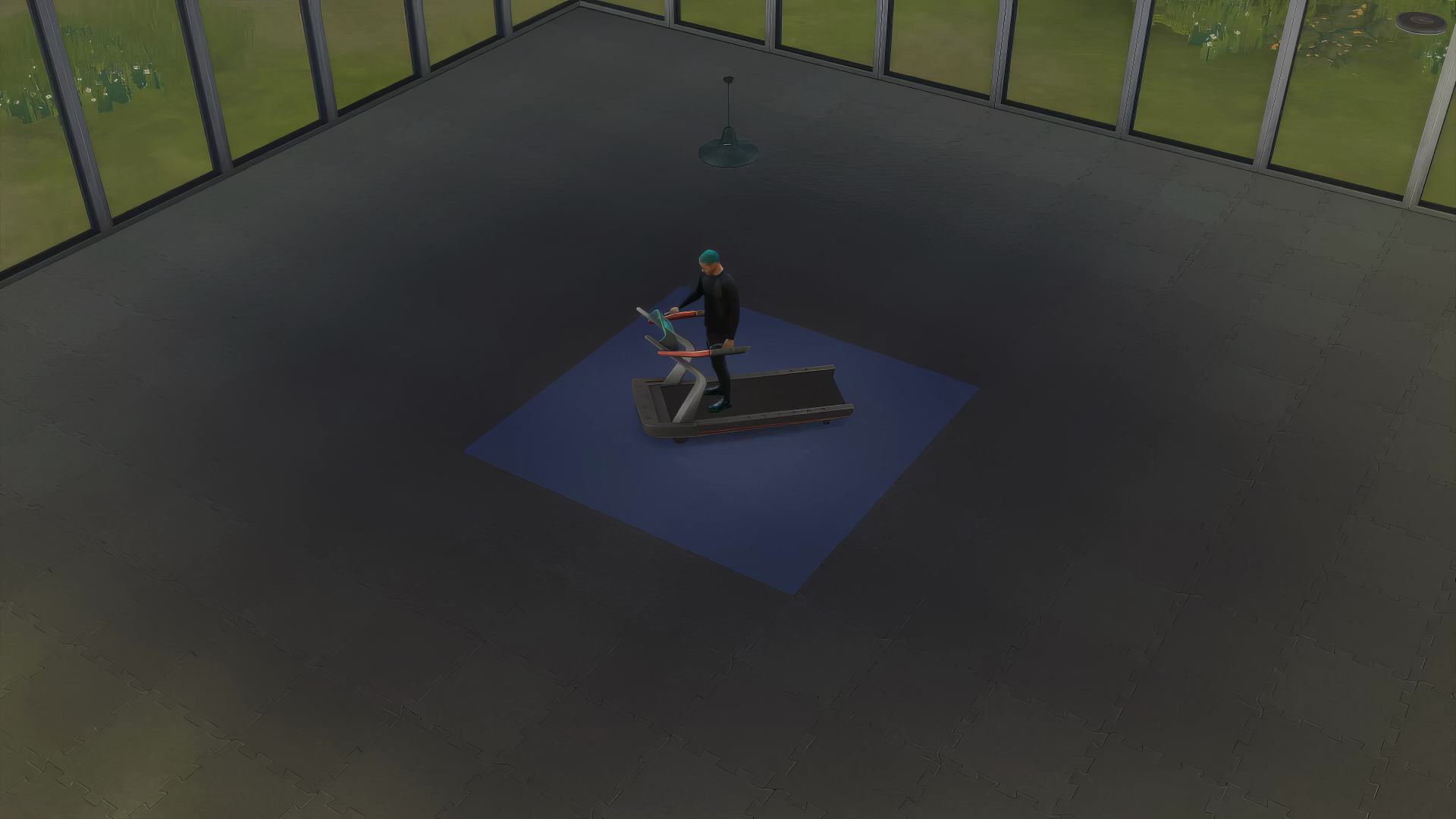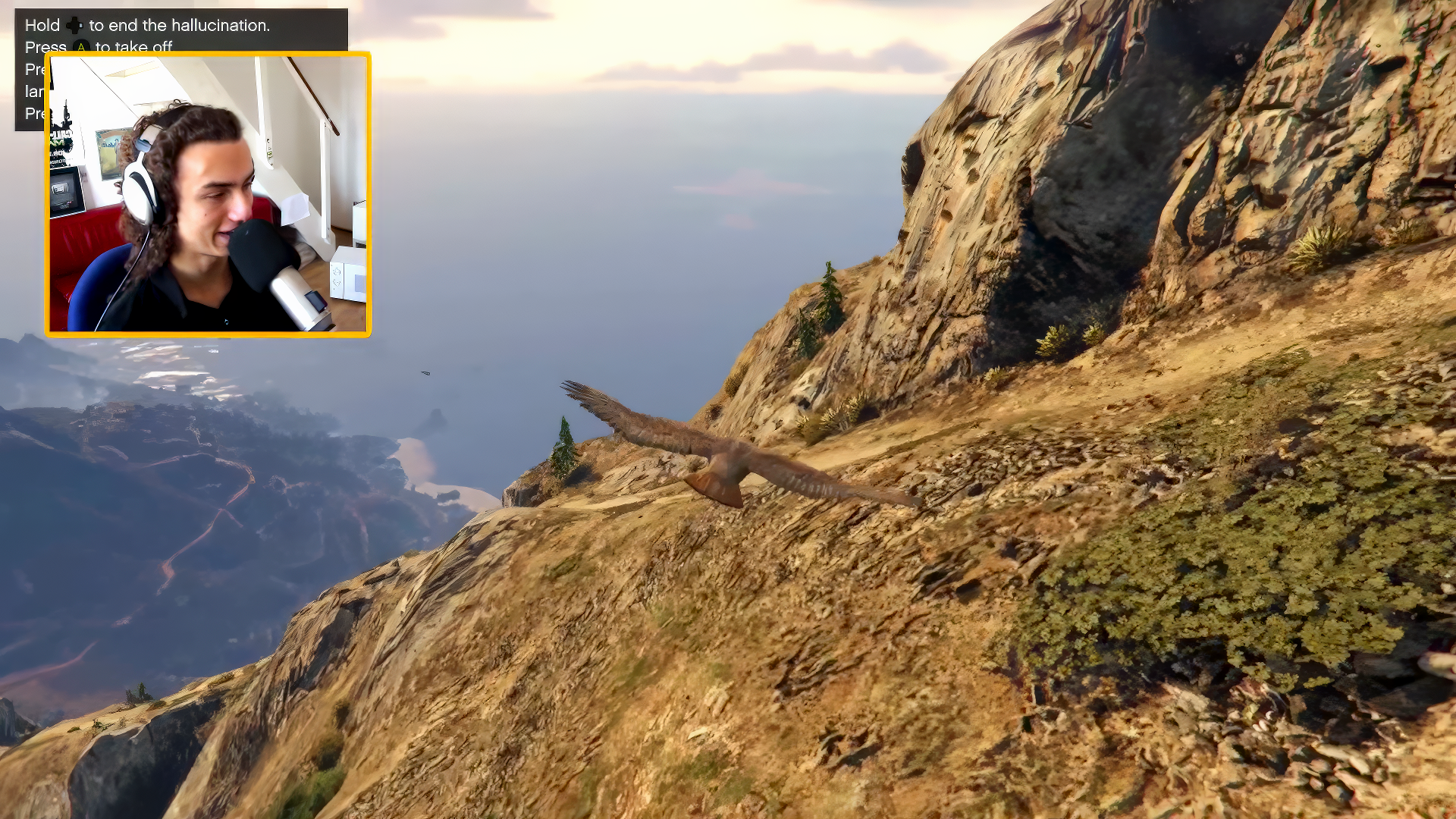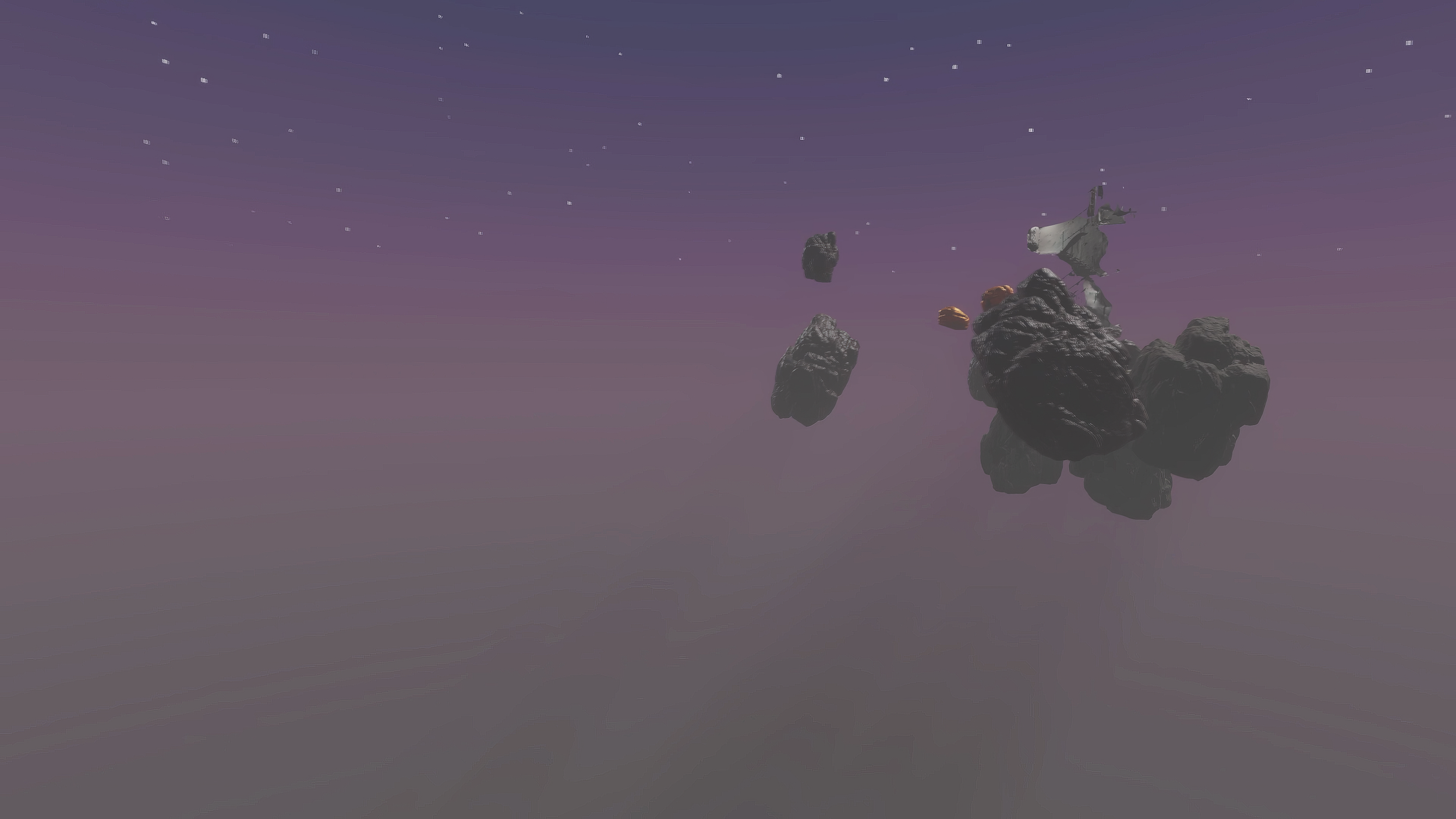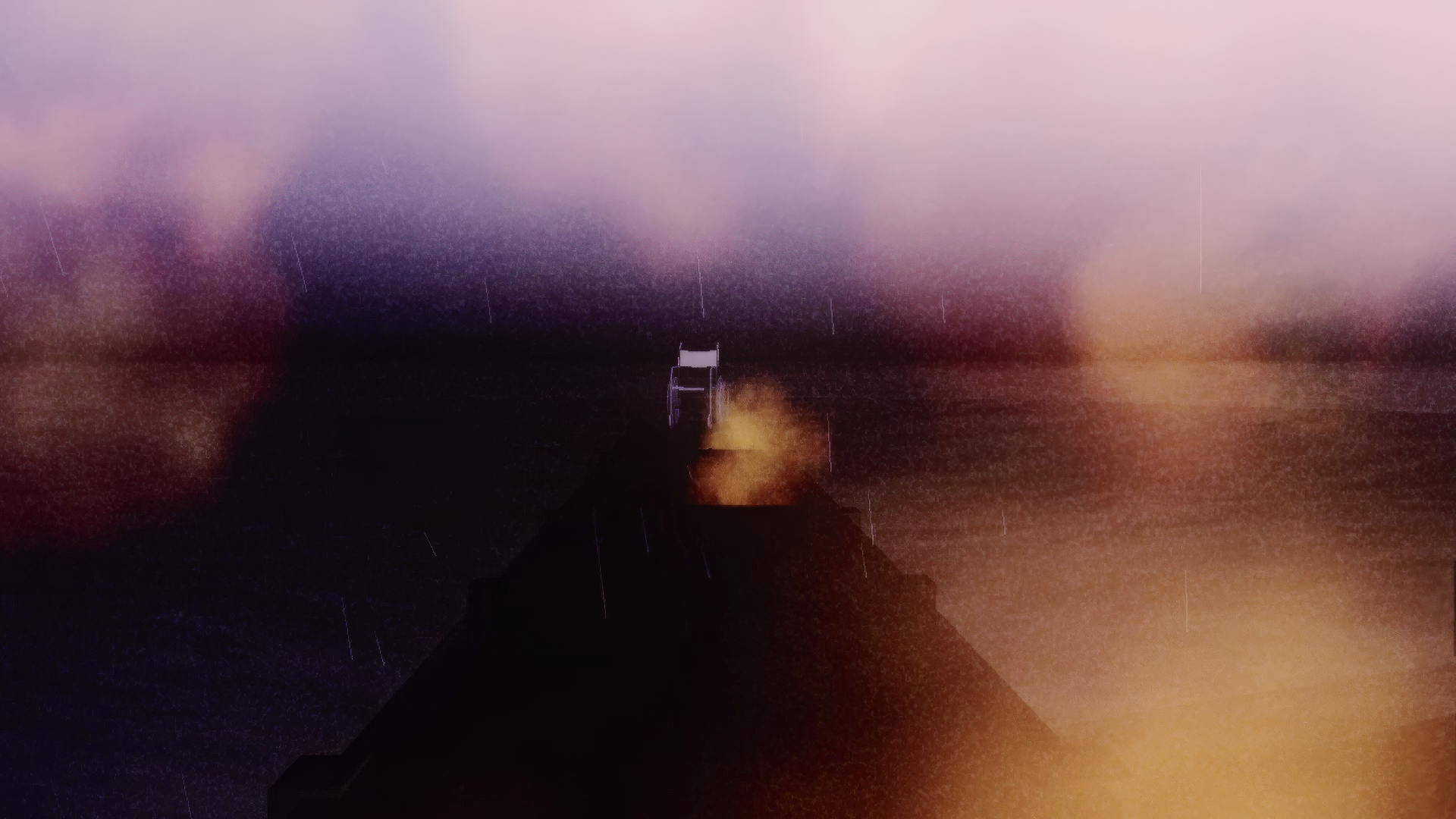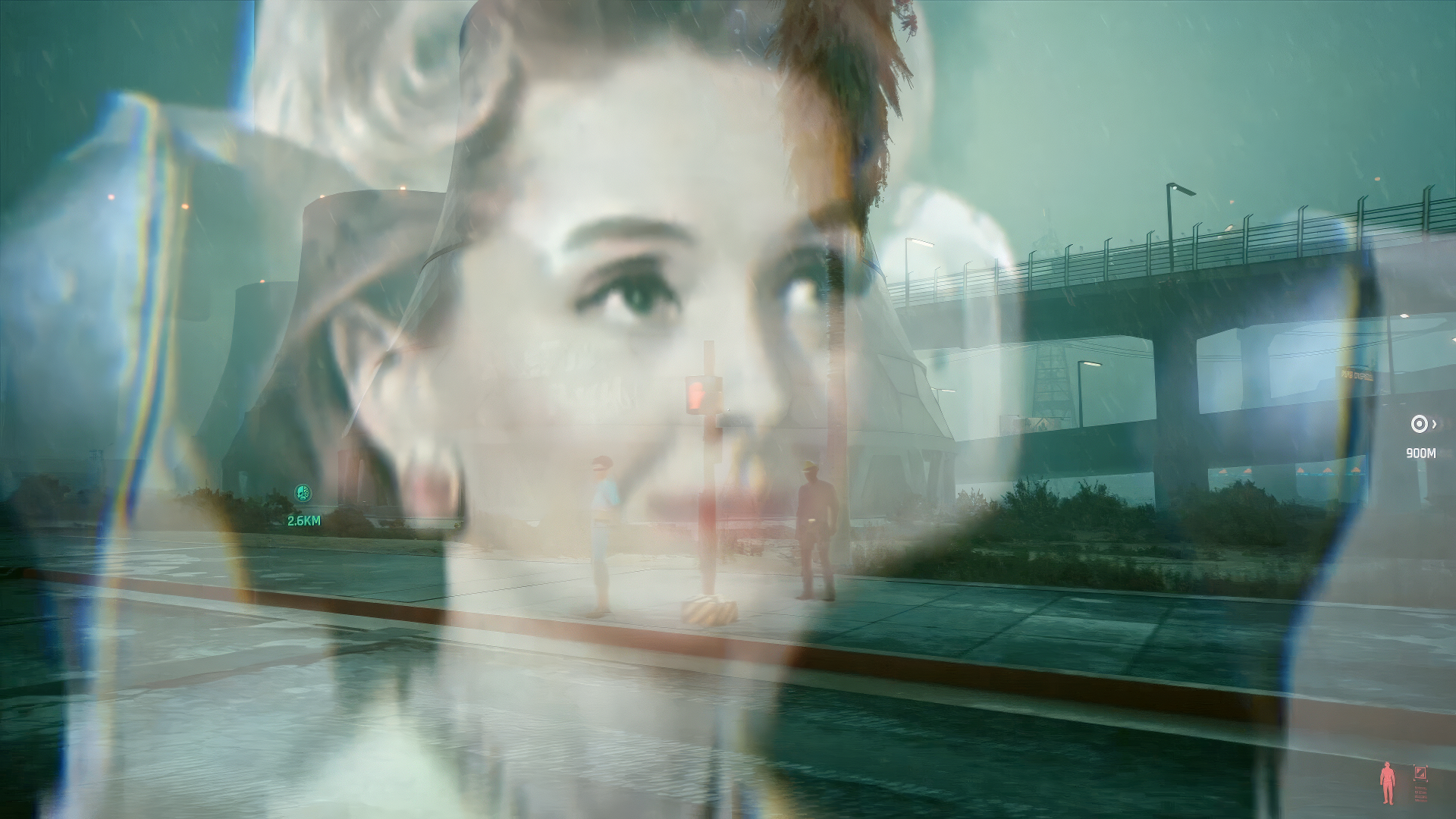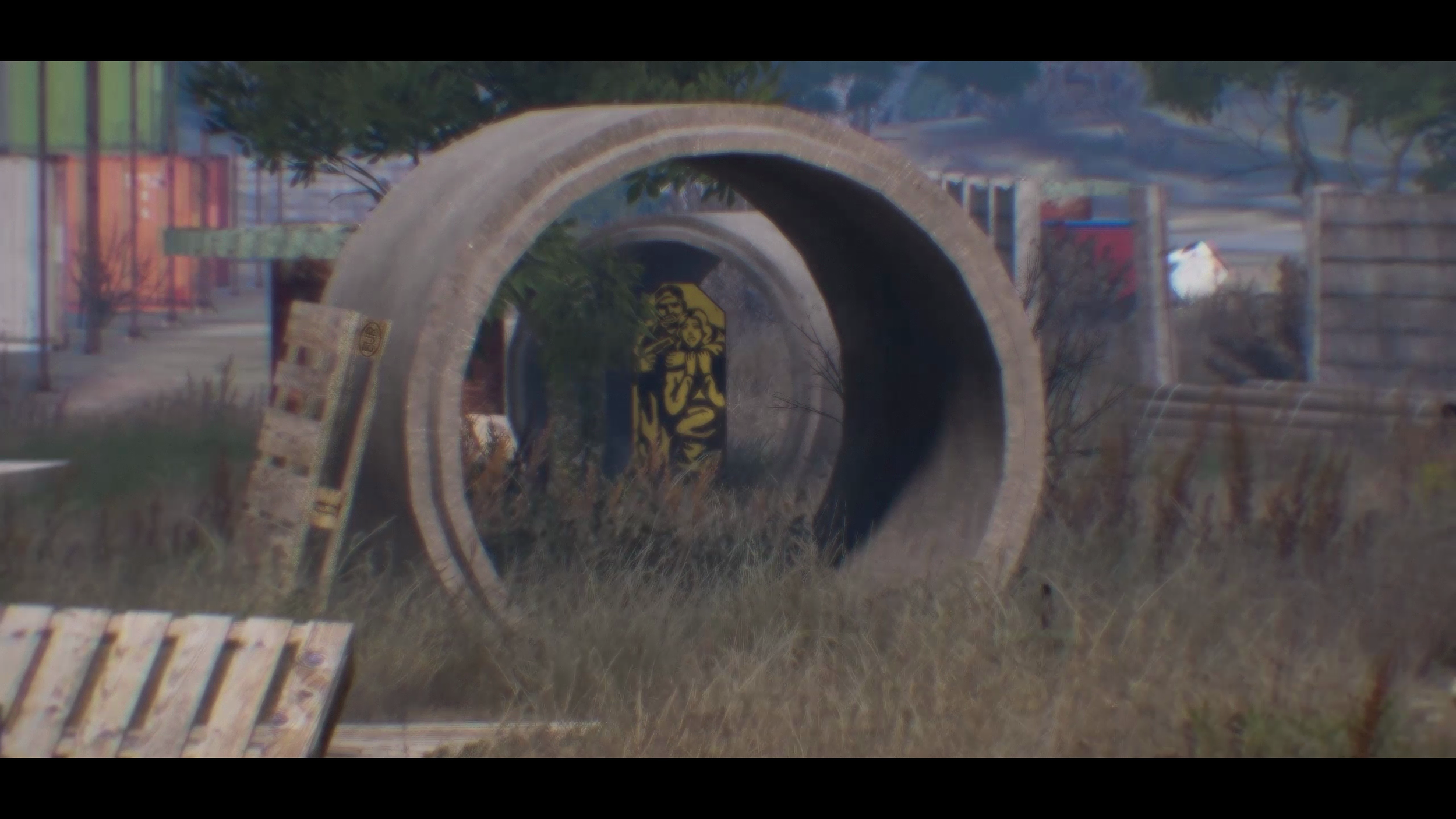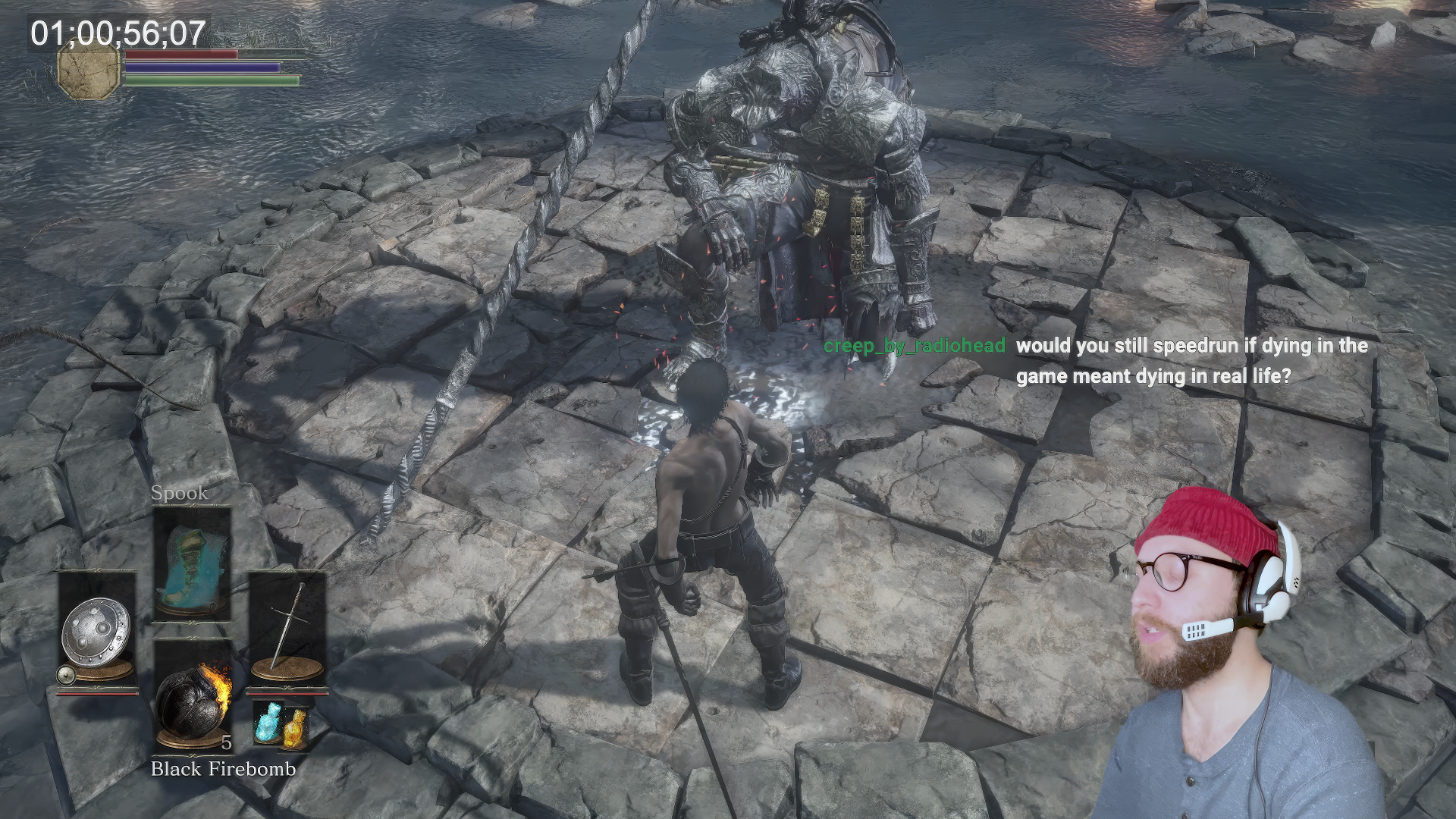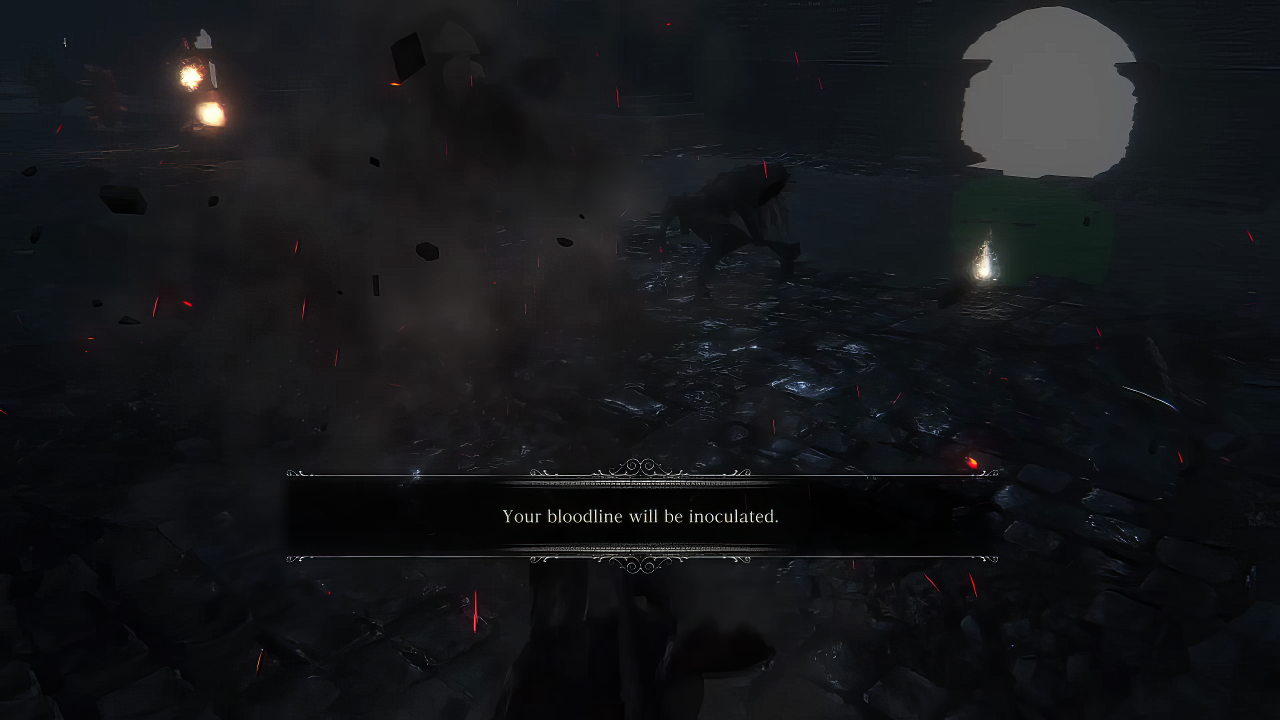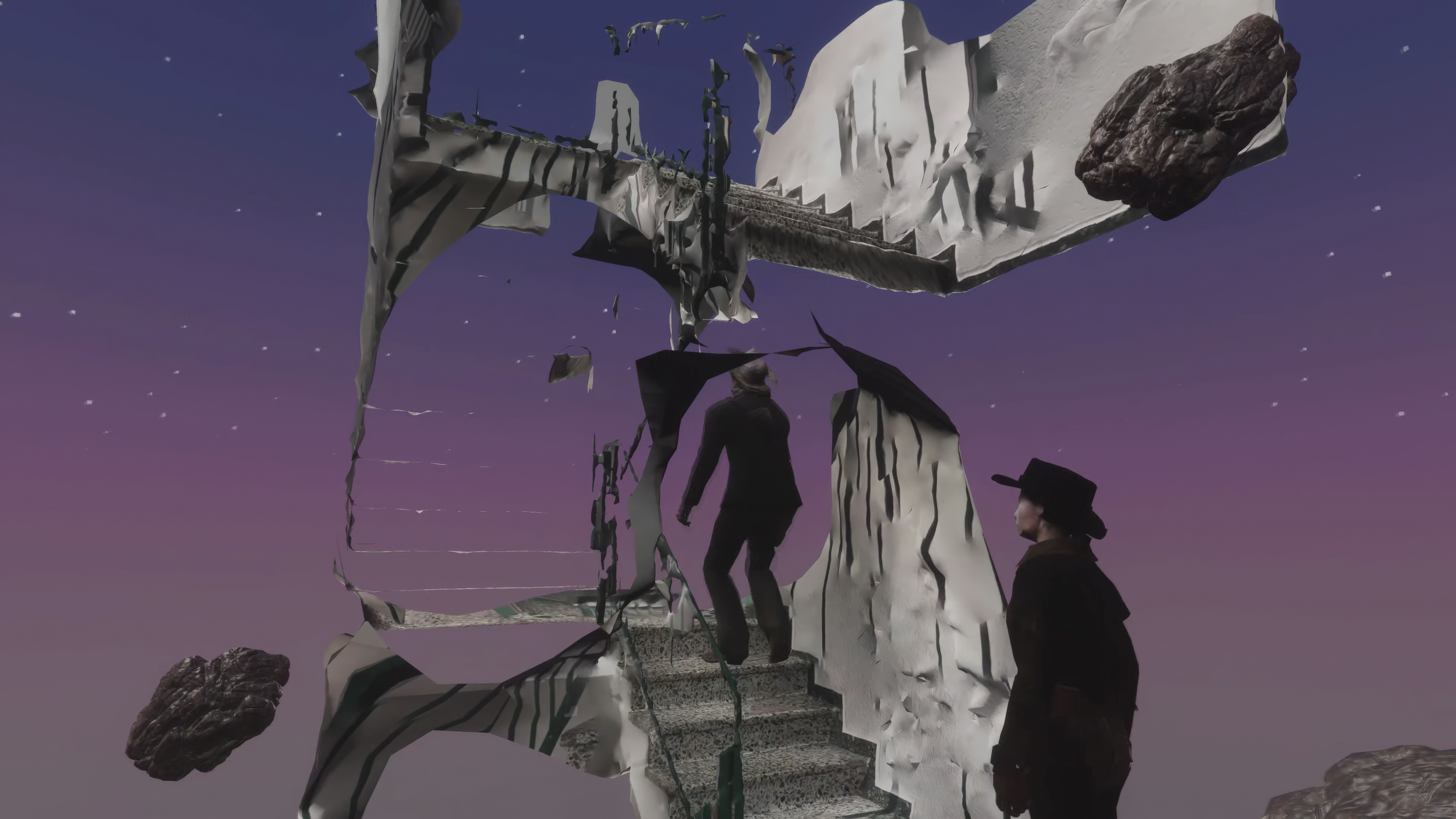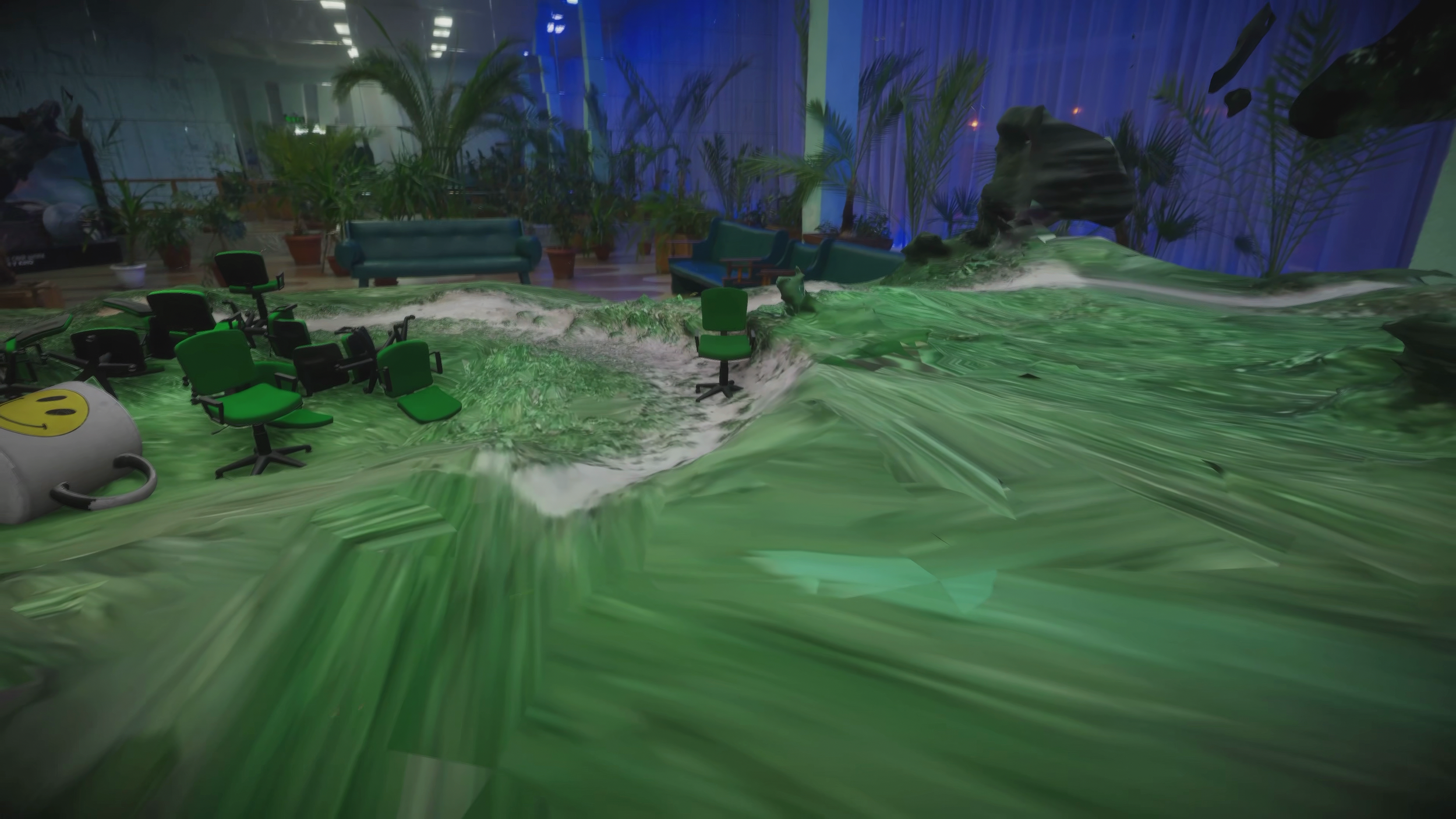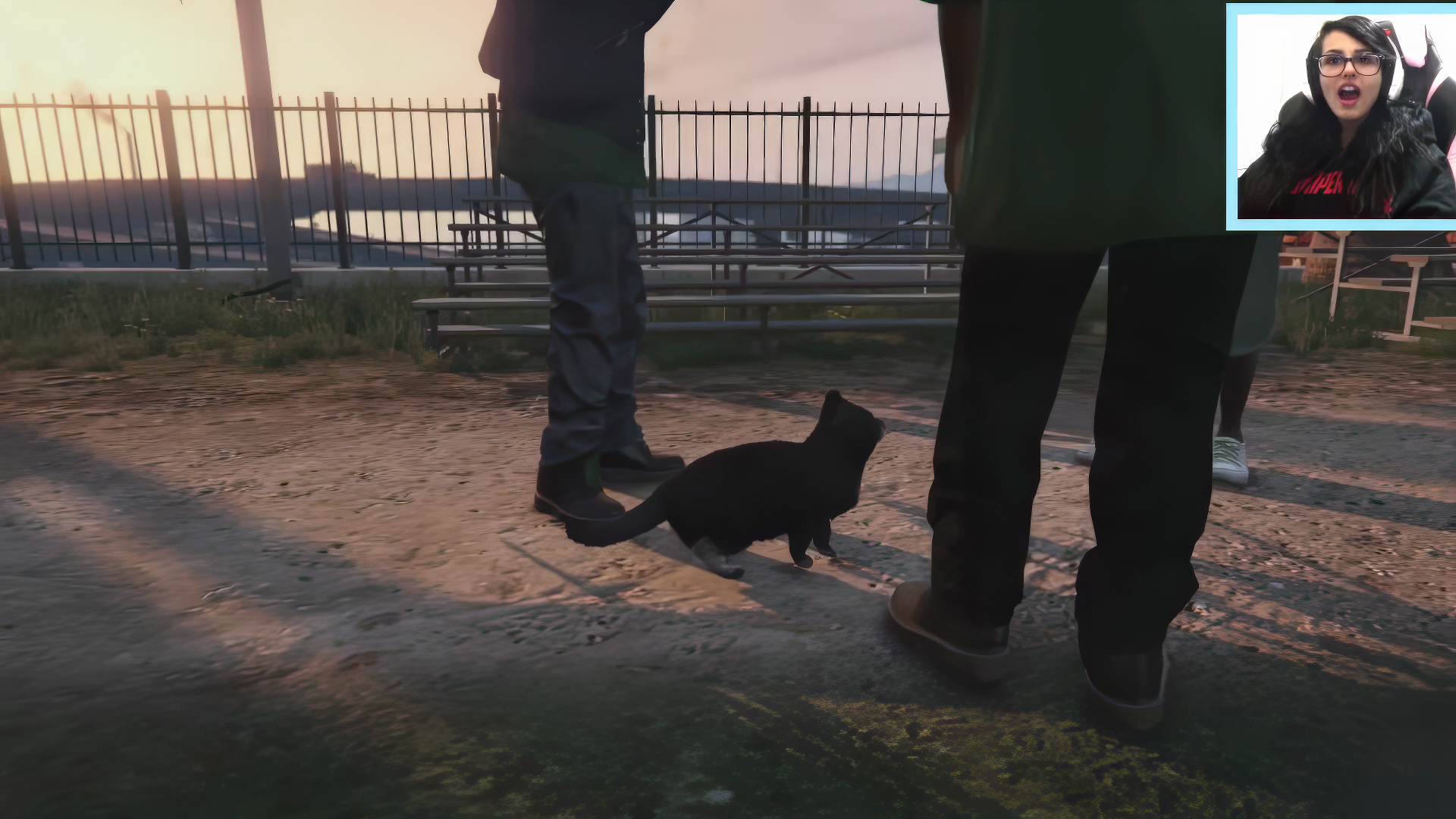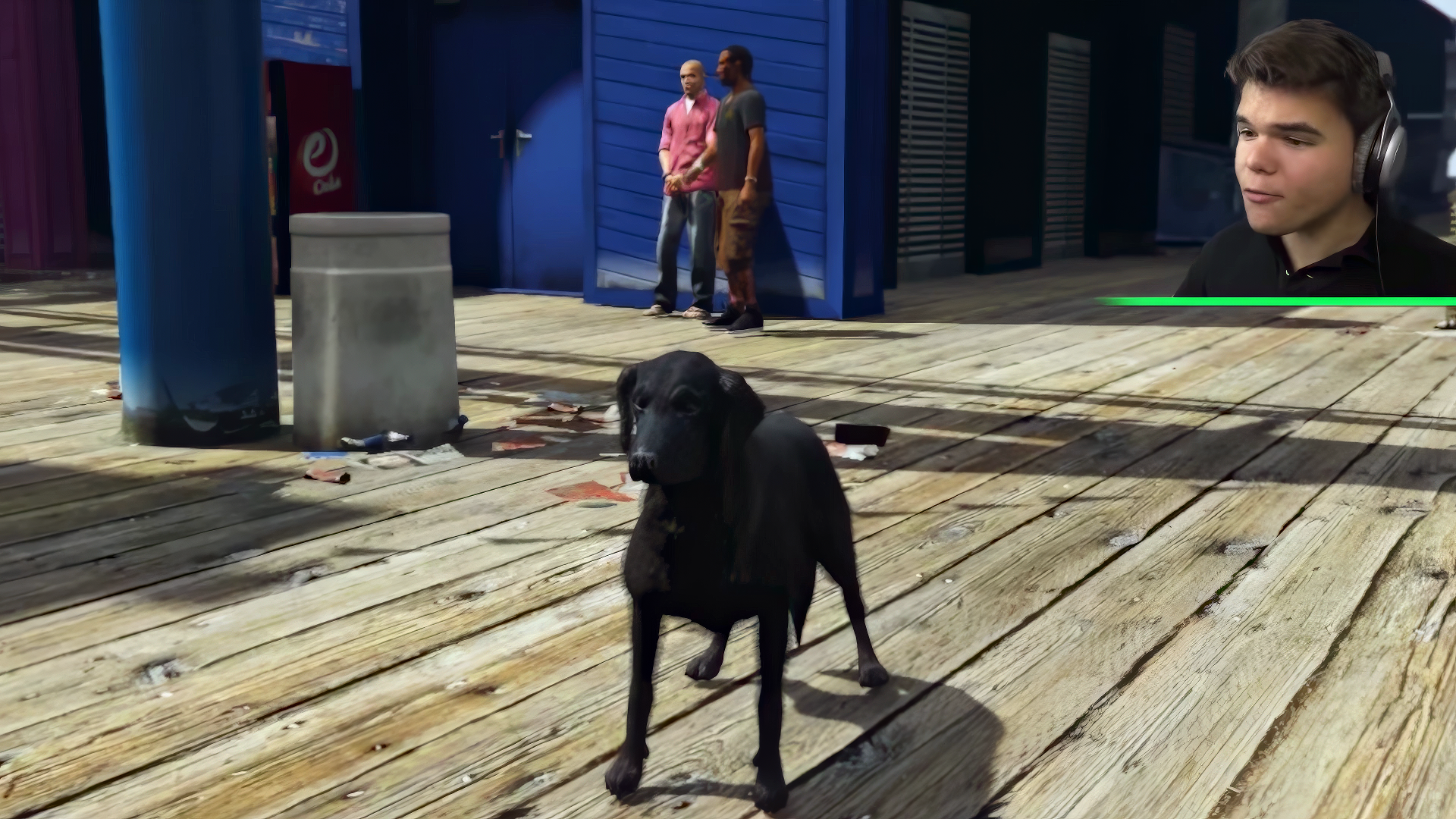The Milan Machinima Festival MMXXIV presents Slot Machinima, a new exhibition that showcases the growing relevance of machinima as a cutting-edge form of video art. Curated by Matteo Bittanti, this immersive exhibition features eight thought-provoking installations by international artists who push the boundaries of creative expression using video game engines.
Slot machinima
March 11-15 2024 09:00 - 18:00
Contemporary Exhibition Hall
IULM 6, IULM University
Via Carlo Bo 7, 20143 Milano
official website
curated by Matteo Bittanti
artists: Adonis Archontides, Steven Cottingham, Kara Güt, Thomas Hawranke, Andy Hughes, Carson Lynn, Stephan Panhans and Andrea Winkler, Bram Ruiter.
The exhibition’s title alludes to the elements of chance, repetition, and the blurring of reality and fiction inherent in both slot machines and the narrative structures of the exhibited works. As viewers navigate the expansive 800-square-meter Contemporary Exhibition Hall at IULM University, they are transported into surreal and often unsettling virtual worlds that challenge perceptions of reality, fiction, and the boundaries between the two. The curator eschews a rigid, linear presentation of the works, instead favoring an approach that embraces randomness and fluidity, creating an immersive context more akin to a video installation format than a traditional cinematic formula. The exhibition space is reminiscent of Plato’s cave, where visitors encounter works that blend the real and the virtual, the familiar and the uncanny. The carefully curated selection of machinima works, each with its own unique aesthetic and narrative style, invites viewers to question the nature of reality and the role of technology in shaping our perceptions. By embracing the unpredictable and the non-linear, Slot Machinima encourages active engagement and personal interpretation, allowing each visitor to construct their own narrative journey through the exhibition.
The comparison to slot machines extends beyond the element of chance; it also speaks to the addictive nature of the works on display, or rather, their source. Just as slot machines are designed to keep players engaged through a combination of anticipation, reward, and repetition, the machinima works in Slot Machinima draw viewers in with their mesmerizing visuals, compelling narratives, and the promise of new discoveries around every corner, which are the main ingredients of video games. In short, the exhibition becomes a space where visitors can lose themselves in the virtual worlds created by the artists, blurring the lines between the real and the imagined.
Ultimately, Slot Machinima challenges traditional notions of art consumption and presentation. By embracing randomness, interactivity, and the immersive qualities of video installations, the curator invites visitors to become active participants in the construction of meaning. The exhibition serves as a testament to the power of machinima as an art form, showcasing its ability to create compelling, thought-provoking experiences that push the boundaries of what is possible in the realm of digital storytelling. Key themes include the representation of warfare in the digital age, the complexities of human intimacy in virtual spaces, and the nature of control and agency in digital environments.
Steven Cottingham’s As far as the drone can see navigates the complex terrain of warfare representation, highlighting the critical perspective on the flood of images emerging from contemporary conflict zones. By introducing a female journalist character into the military simulation software ArmA 3, Cottingham challenges gender biases and explores the potential of digital simulations to represent the complex realities of conflict. European premiere.
Kara Güt’s Lurker1 delves into the contours of human intimacy as shaped by the digital era, documenting the journey of a Twitch user practicing speedrunning while engaging with a sole chat participant. The work explores themes of constructed detachment from reality and power dynamics within virtual spaces. European premiere.
Andy Hughes’s Inner Migration takes viewers on an exhilarating ride through Cyberpunk 2077’s Night City, juxtaposing dystopian game footage with archival films to contrast past visions of utopia with the harsh realities of a world under corporate dominance. The piece prompts reflection on the disparity between historical optimism and the current global situation, suggesting that for some, the dystopian imagery may already be a reality. World premiere.
Carson Lynn’s A bronze anvil falls to the earth. merges gameplay with performance art, transporting viewers into a chthonic realm where a solitary avatar engages in fierce combat with monstrous creatures. The intense battles serve as a metaphor for the LGBTQ+ community's real-world struggles against oppression, emphasizing the significance of perseverance and the quest for acceptance. European premiere.
Thomas Hawranke’s seminal work Play as Animals offers a unique perspective on the virtual world of Grand Theft Auto V by focusing on the often-overlooked animal characters. Originally presented as a two-channel installation, the work is now showcased as a single-channel video that assembles YouTube clips, video sequences, and sound fragments to create a compelling narrative. By stepping into the roles of these non-human characters, players are invited to view the game’s world through a fresh lens, challenging established norms and inviting a reevaluation of their interaction with the virtual environment.
Bram Ruiter’s Infinite Skies, a machinima created during his film school years, explores themes of grief and purgatory. Set against the expansive, generative landscapes of Grand Theft Auto: San Andreas, the work marks an early milestone in Ruiter’s journey into avantagrade filmmaking. Revisited and remastered in 2024, but never seen before in an exhibition space, Infinite Skies showcases Ruiter’s evolving appreciation for the intricate exploration of complex themes through the medium of machinima. World premiere.
Adonis Archontides’s Ya gotta wob’ere! Ya gotta wob’ere! (Don't give up! Keep trying!) (2019) is the third installment of a trilogy developed within The Sims 4 between 2018 and 2020, alongside Za woka genava (I think you are hot) (2019) and Sulsul! Plerg Majah Bliff? (Hello! Can I do something else please?) (2018). In these works, Archontides crafts challenging scenarios for Non-Player Characters (NPCs), exploring the challenges of our increasingly digital existence.
Stefan Panhans and Andrea Winkler’s »If You Tell Me When Your Birthday Is« (Machinima version) is a single-channel video that delves into the intricacies of communication with artificial intelligence in the modern age. The work features a series of absurdist dialogues between the artists and various AI chatbots, juxtaposed against surreal landscapes created using the video game engine Unity. Throughout the piece, Panhans and Winkler explore themes of intimacy, authenticity, and the search for genuine connection in a world saturated with artificial intelligence. By incorporating this work into the exhibition, the curator invites viewers to consider the complex relationship between humans and artificial intelligence, and the ways in which our interactions with AI shape our understanding of ourselves and others. Panhans and Winkler’s playful work serves as a thought-provoking commentary on the challenges and possibilities of communication in the digital age, and the ongoing negotiation between authenticity and artificiality in our daily lives.
Slot Machinima highlights the growing significance of machinima as a powerful tool for artistic expression and critical inquiry. By appropriating and repurposing video game engines of popular “Triple A productions” such as Grand Theft Auto V, Grand Theft Auto: San Andreas, Cyberpunk 2077, Dark Souls III, ArmA3 and The Sims, these artists create compelling aesthetic experiences that blur the lines between the virtual and the real, inviting viewers to question the nature of their own existence in an increasingly digital world. The exhibition stands as a testament to the limitless potential of machinima as an avant-garde medium, pushing the boundaries of contemporary video art.
Read more about the 7th edition of the Milan Machinima Festival


